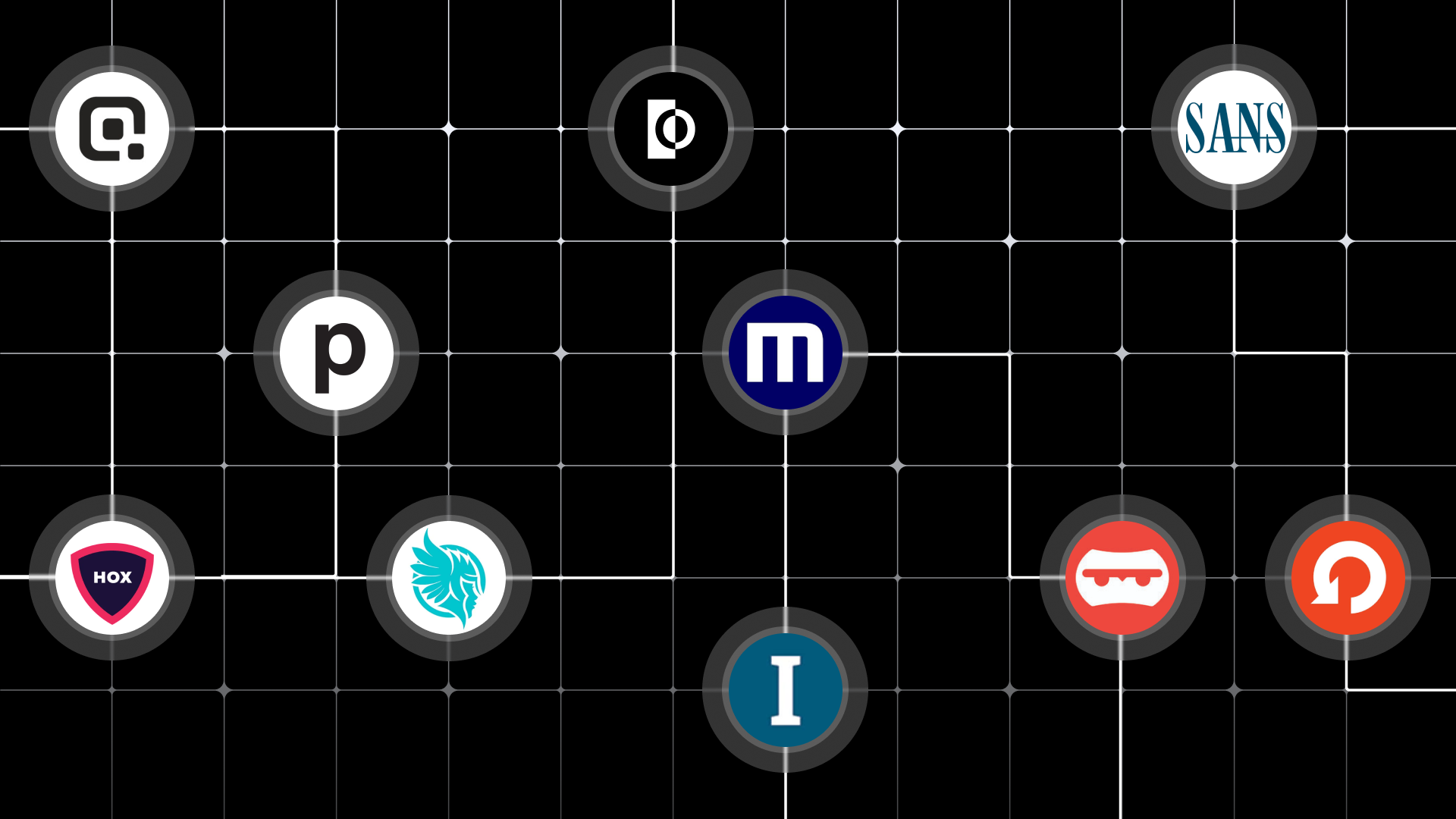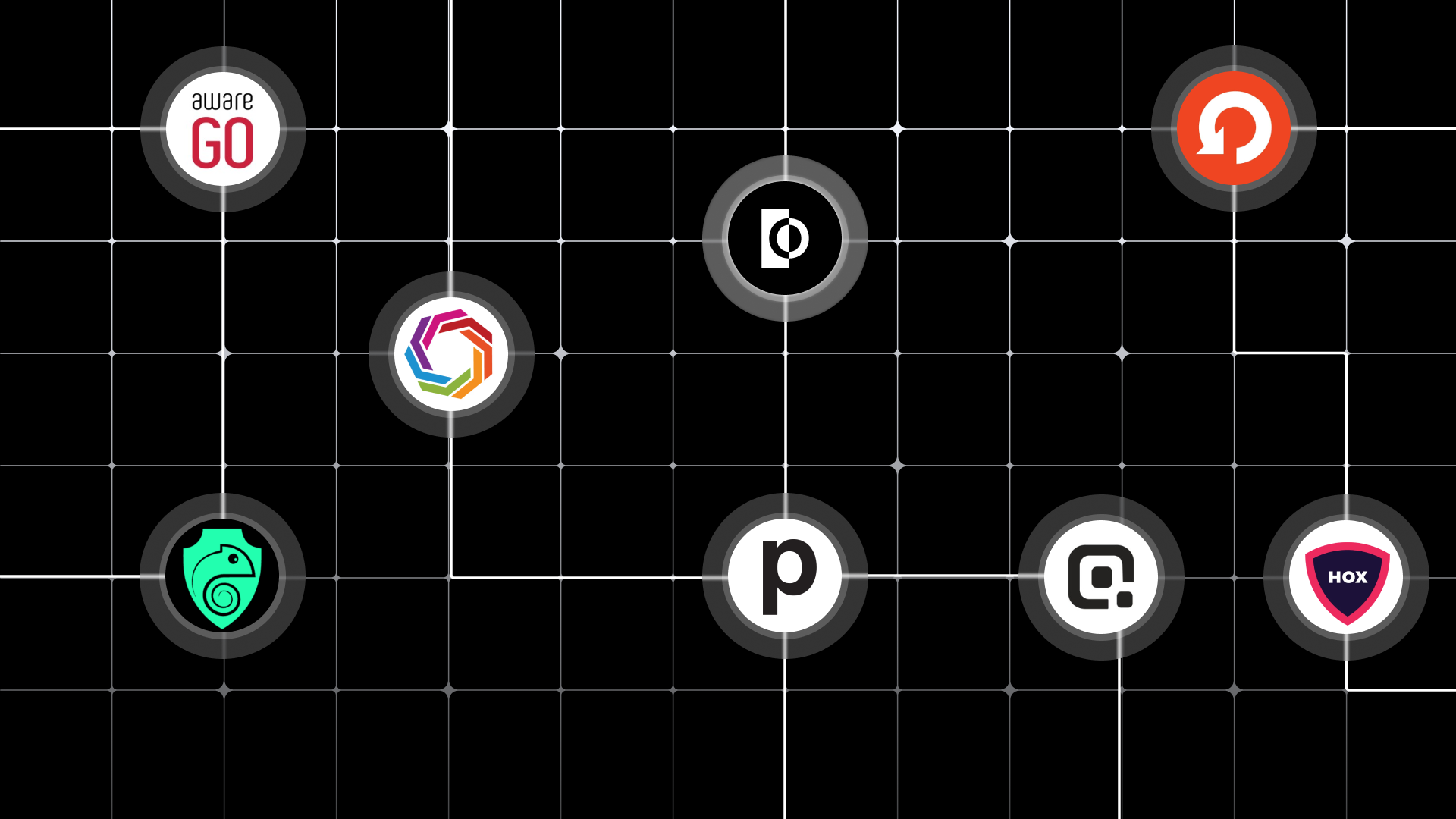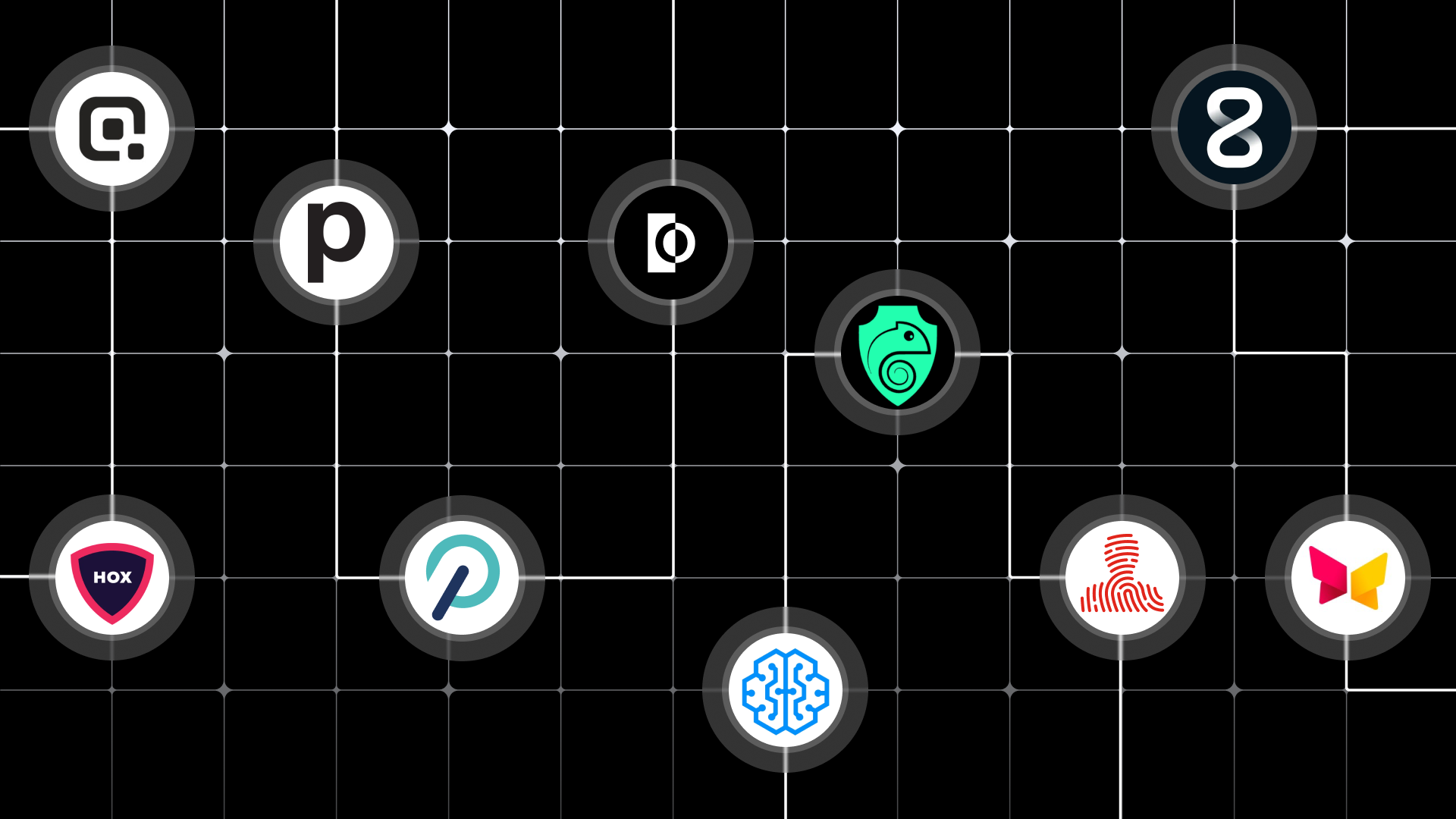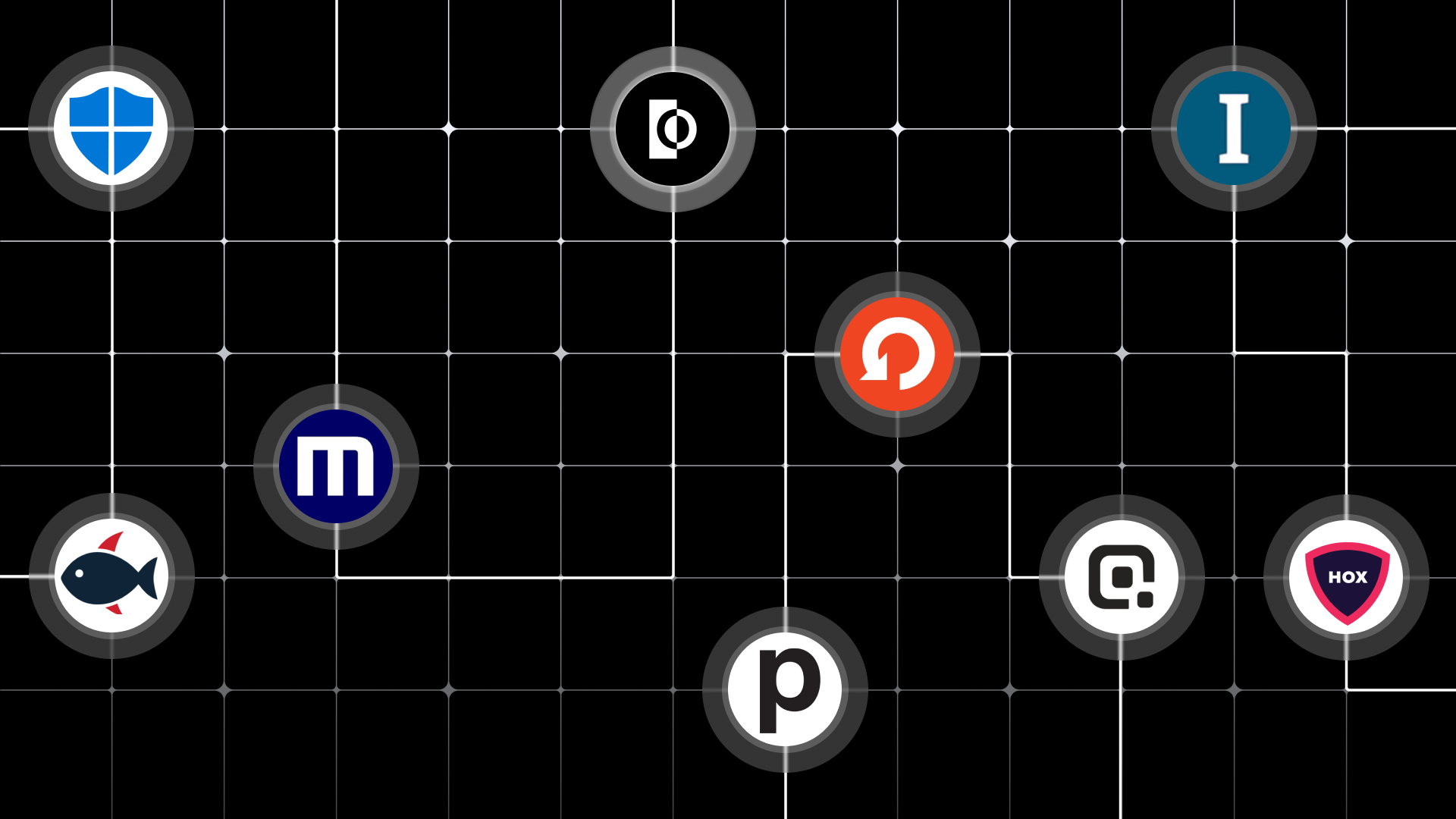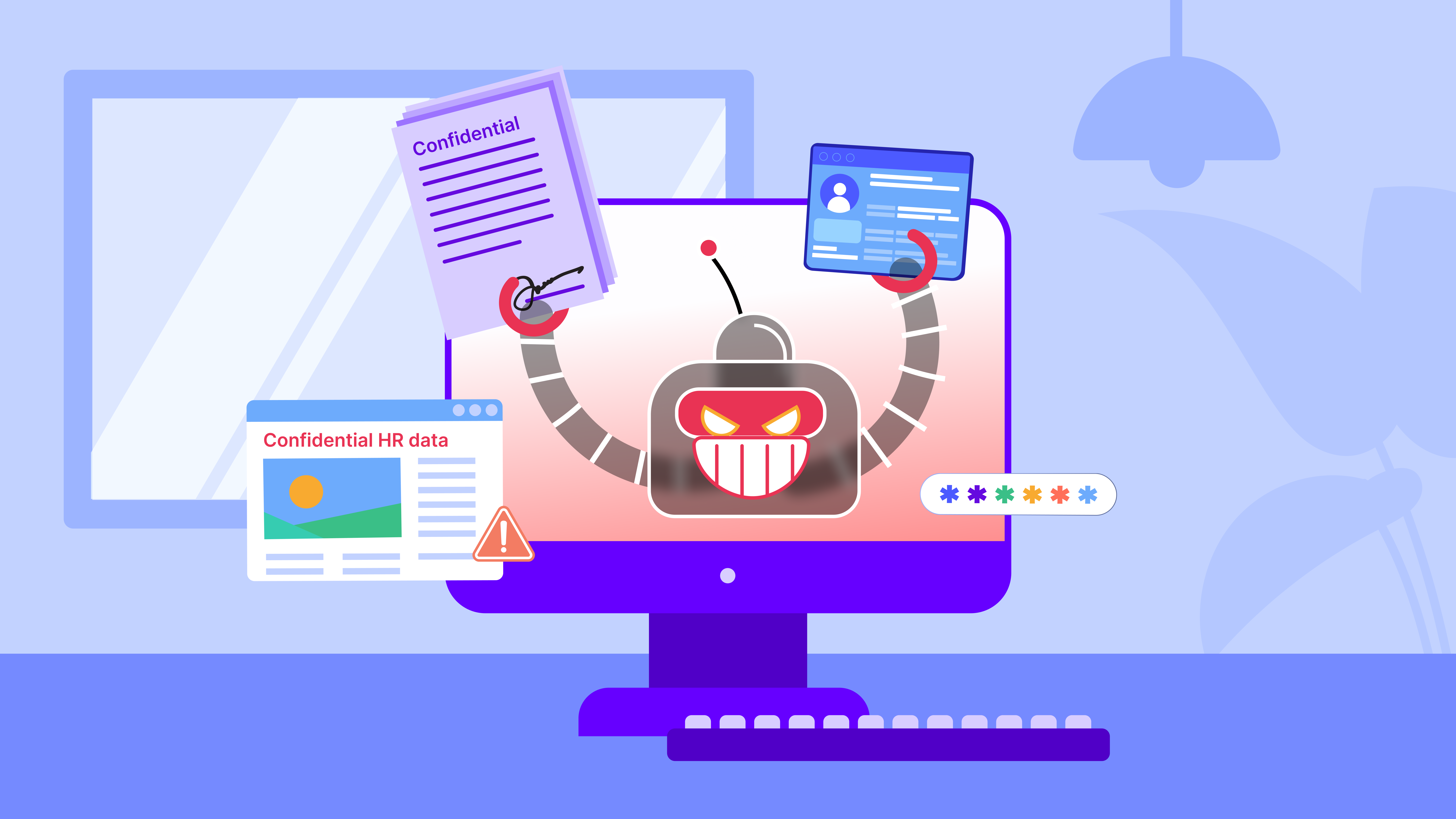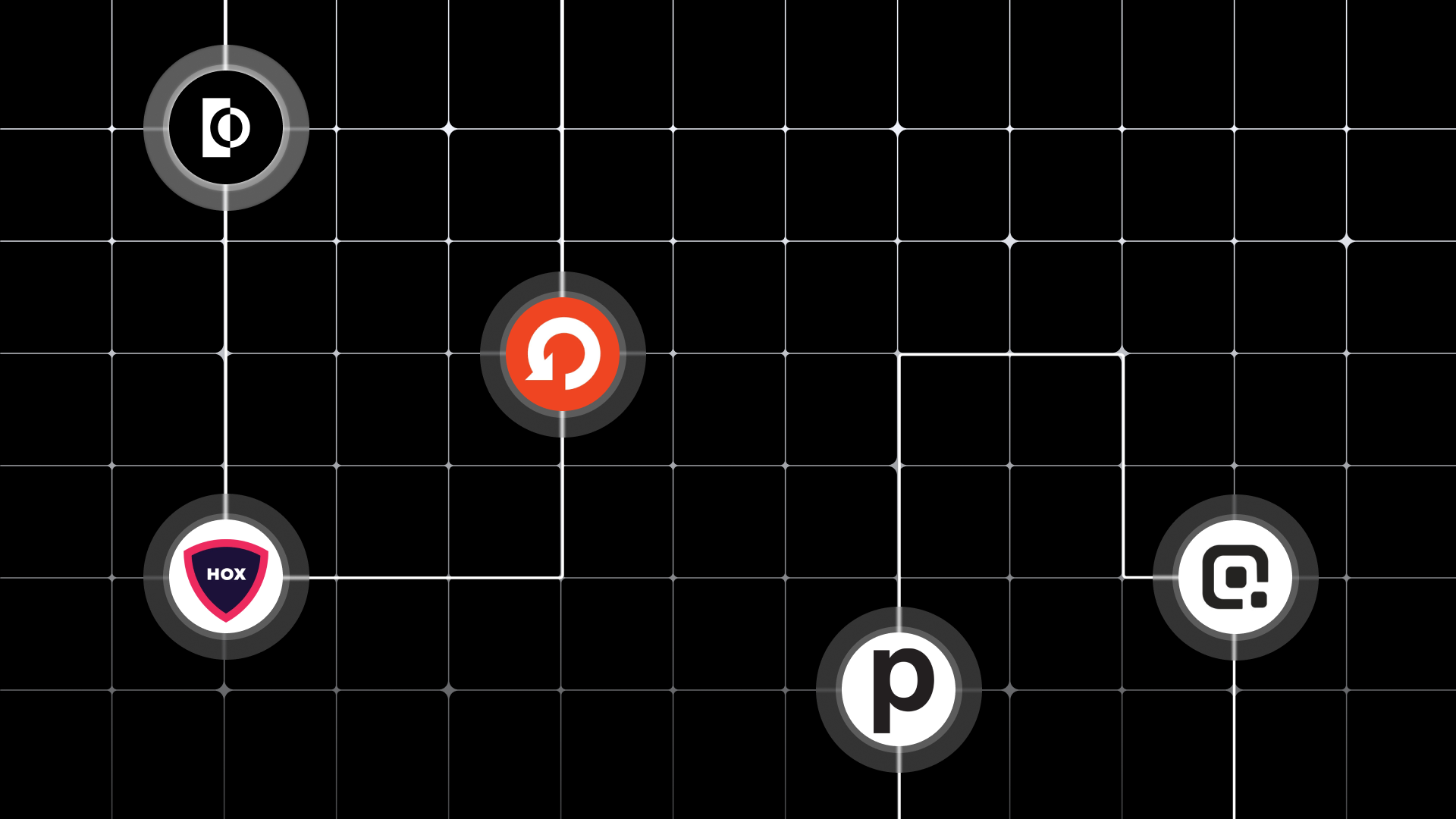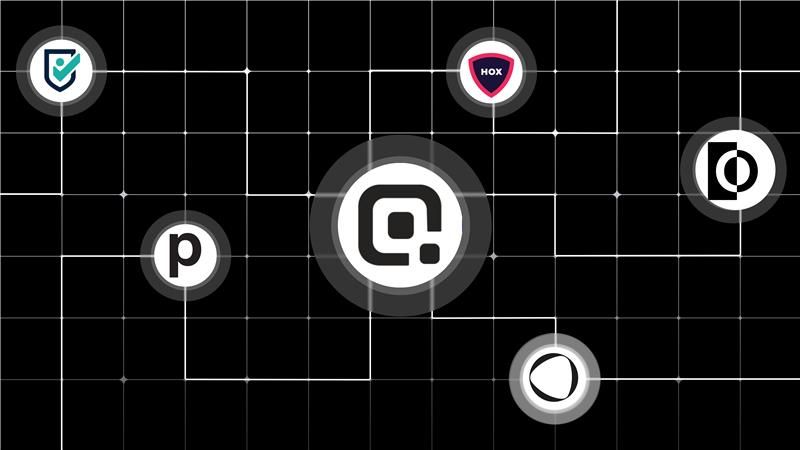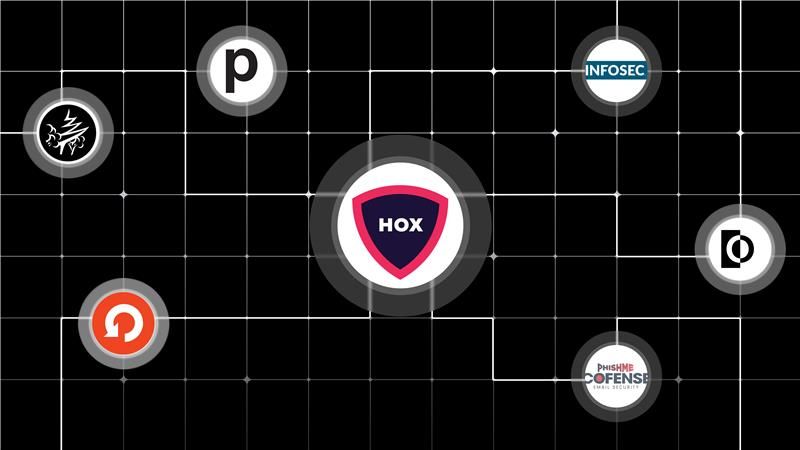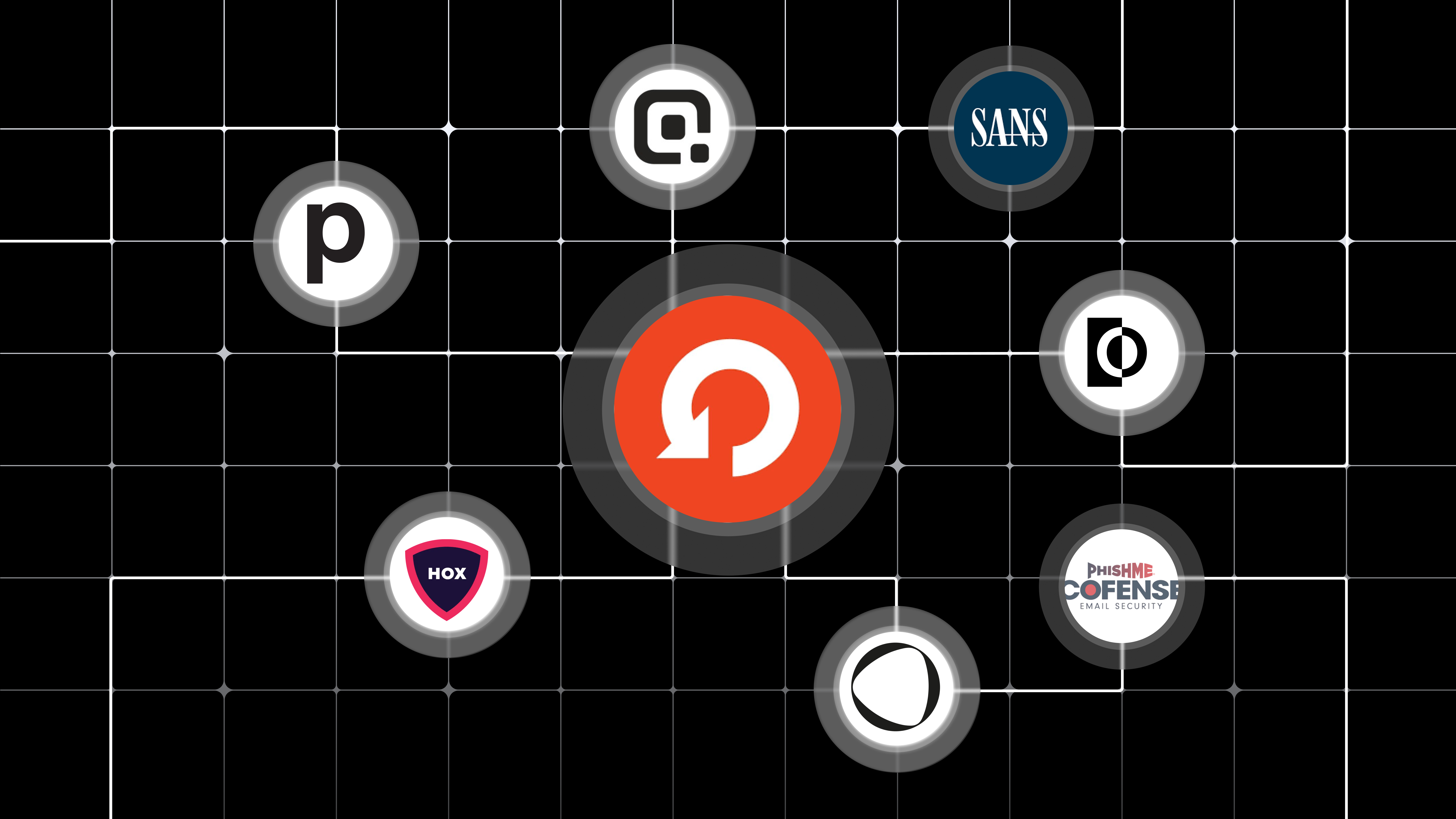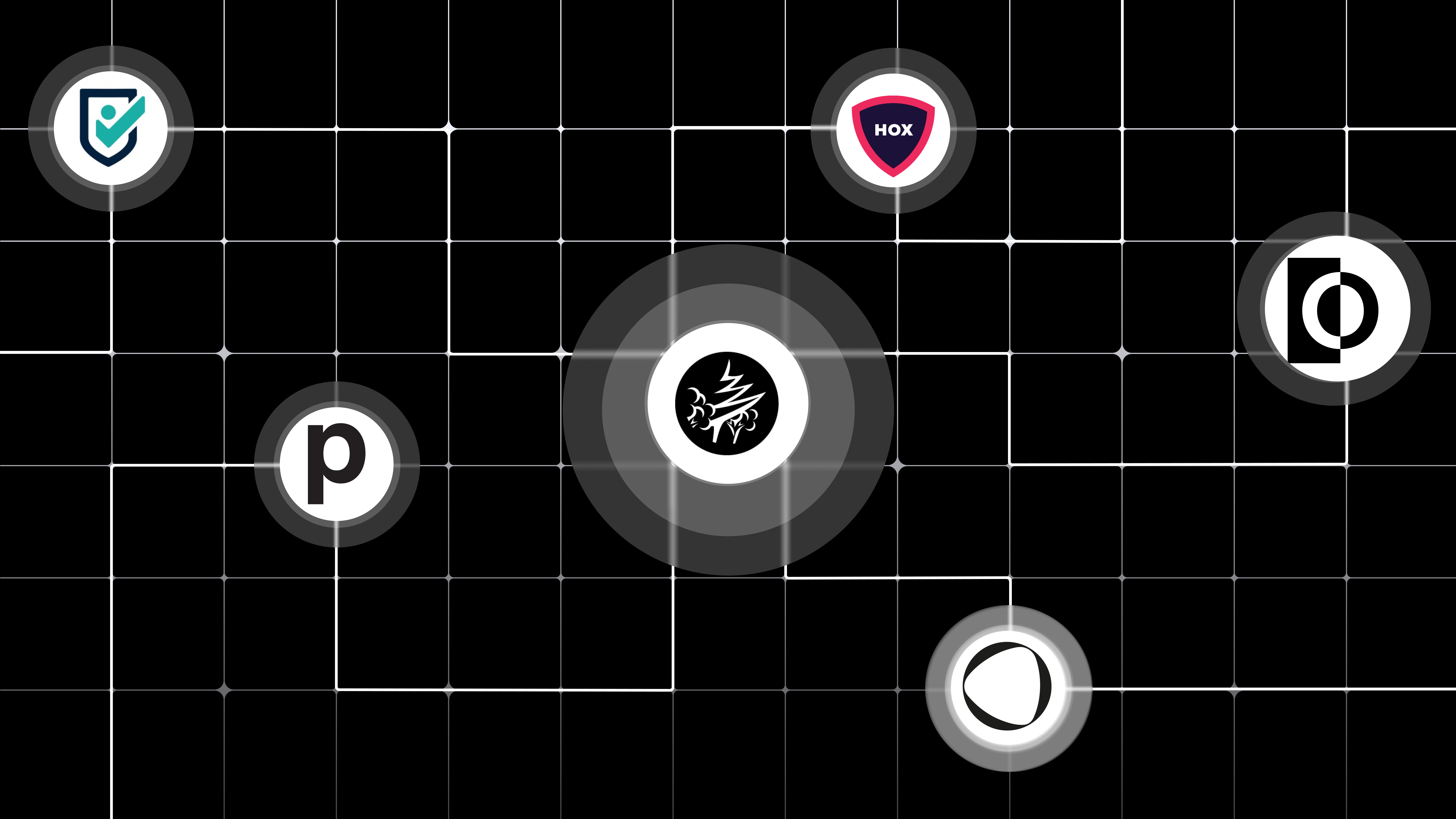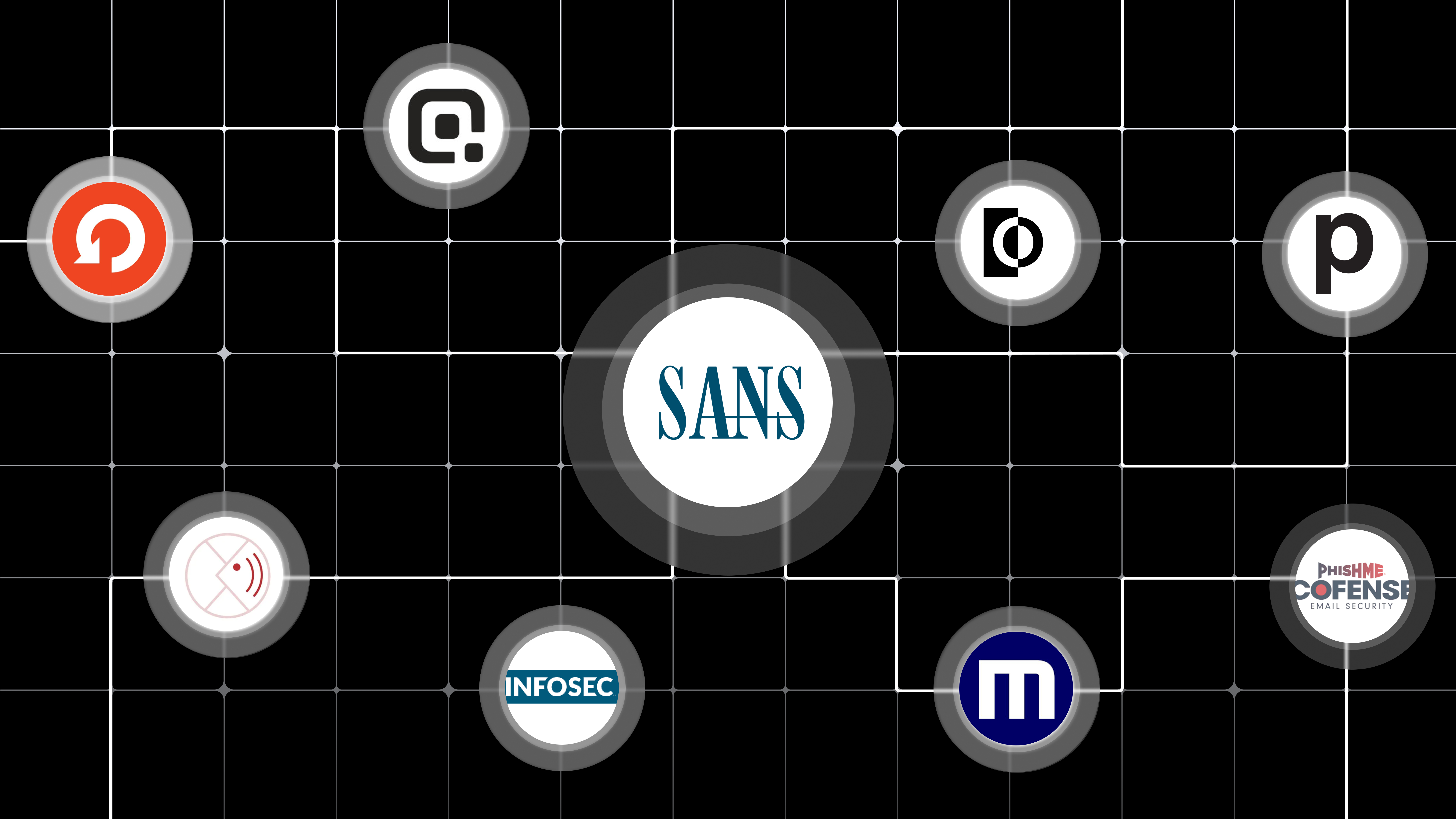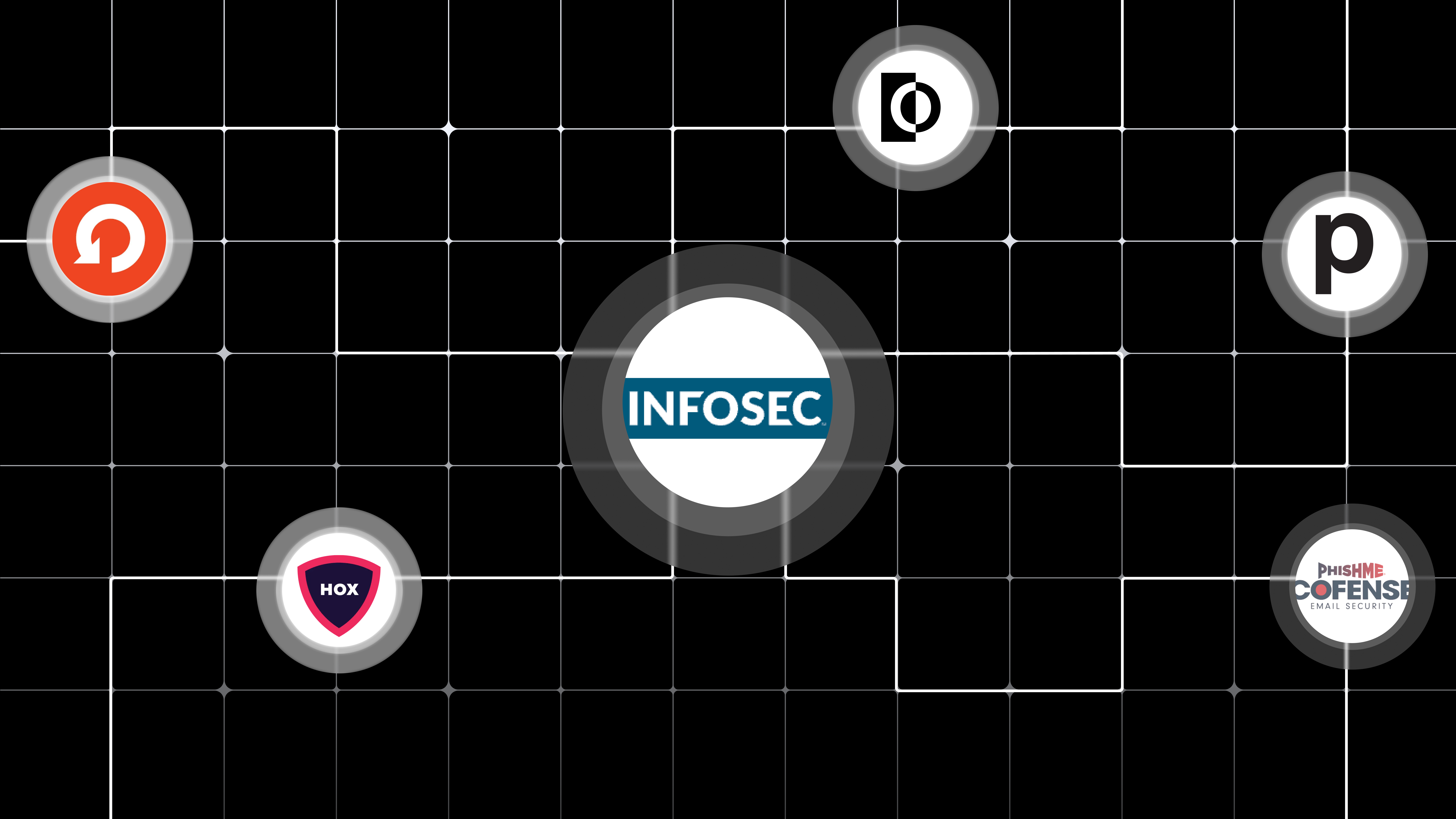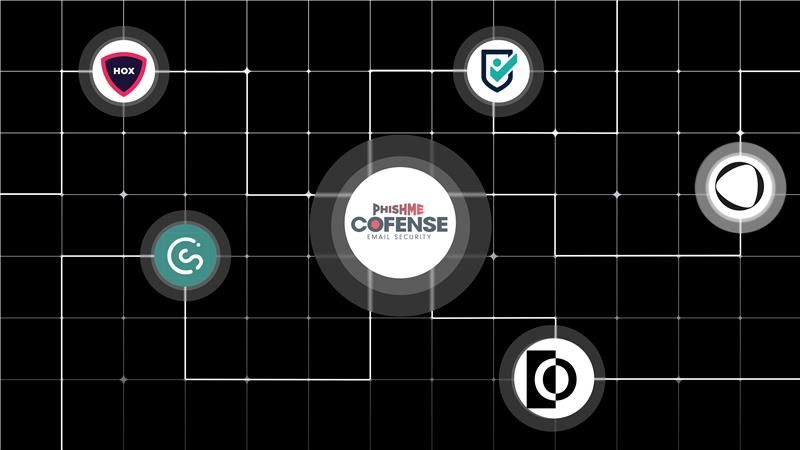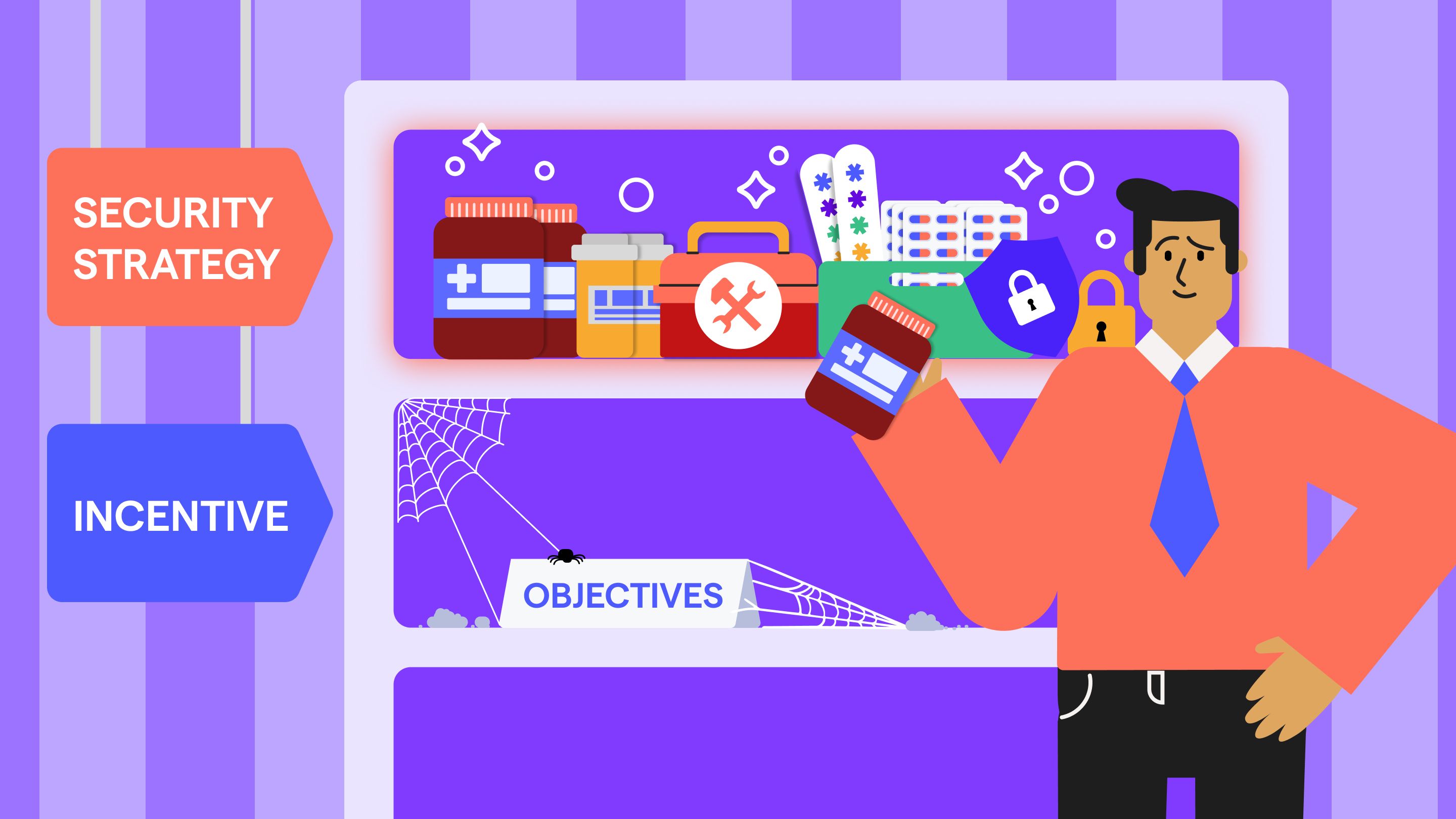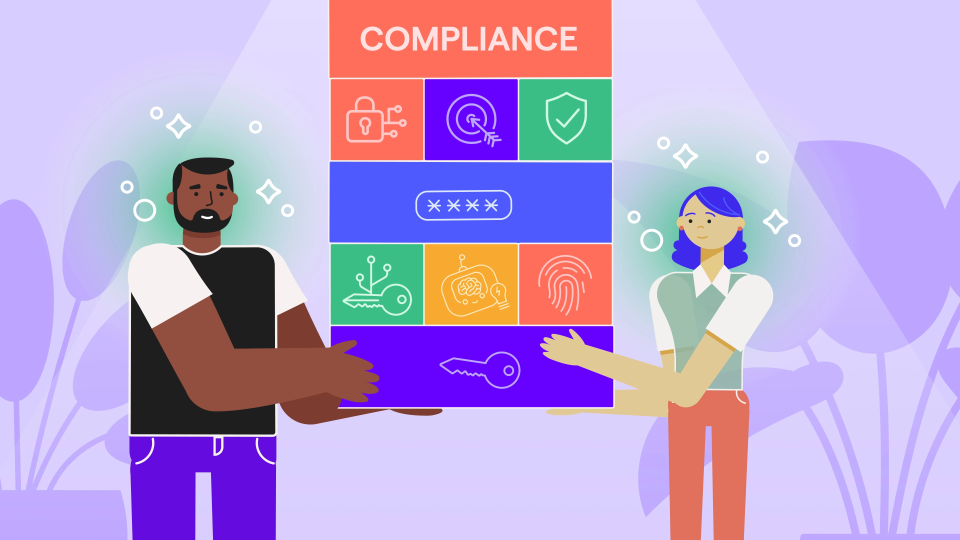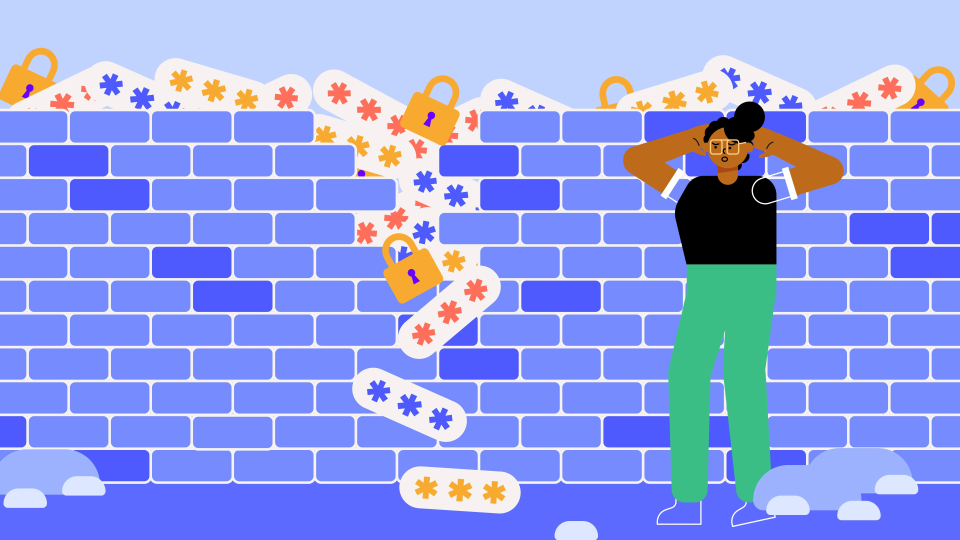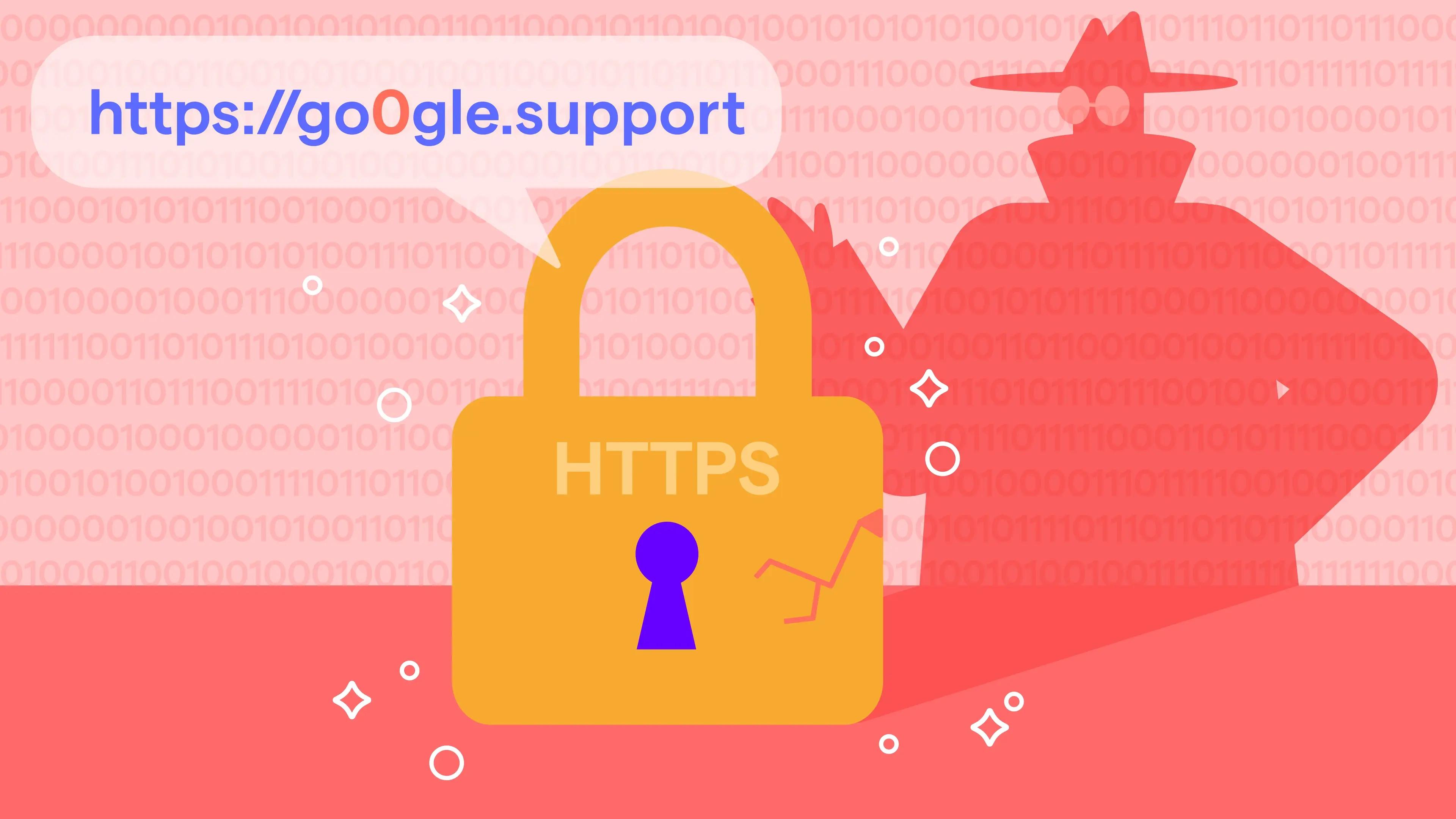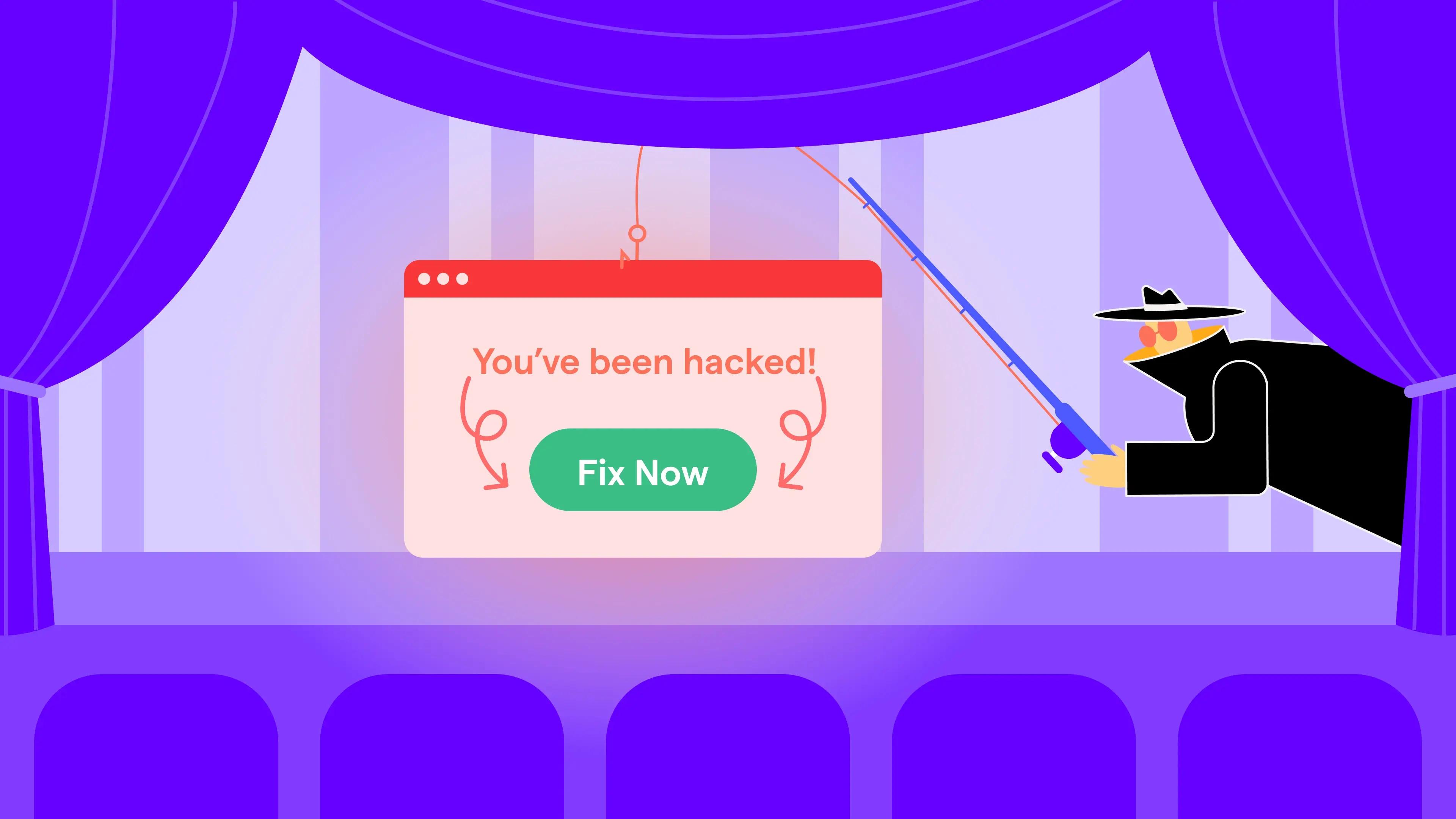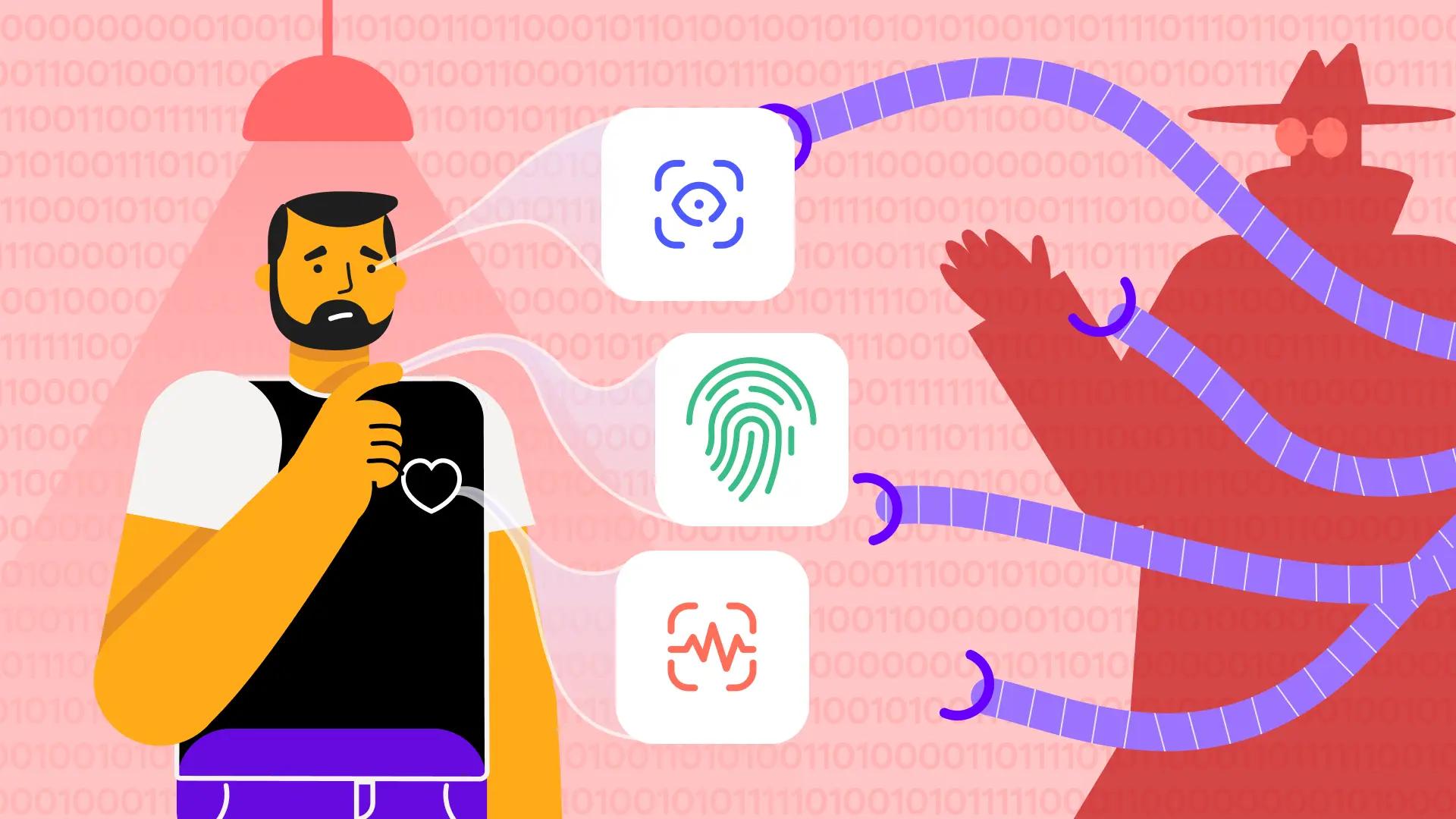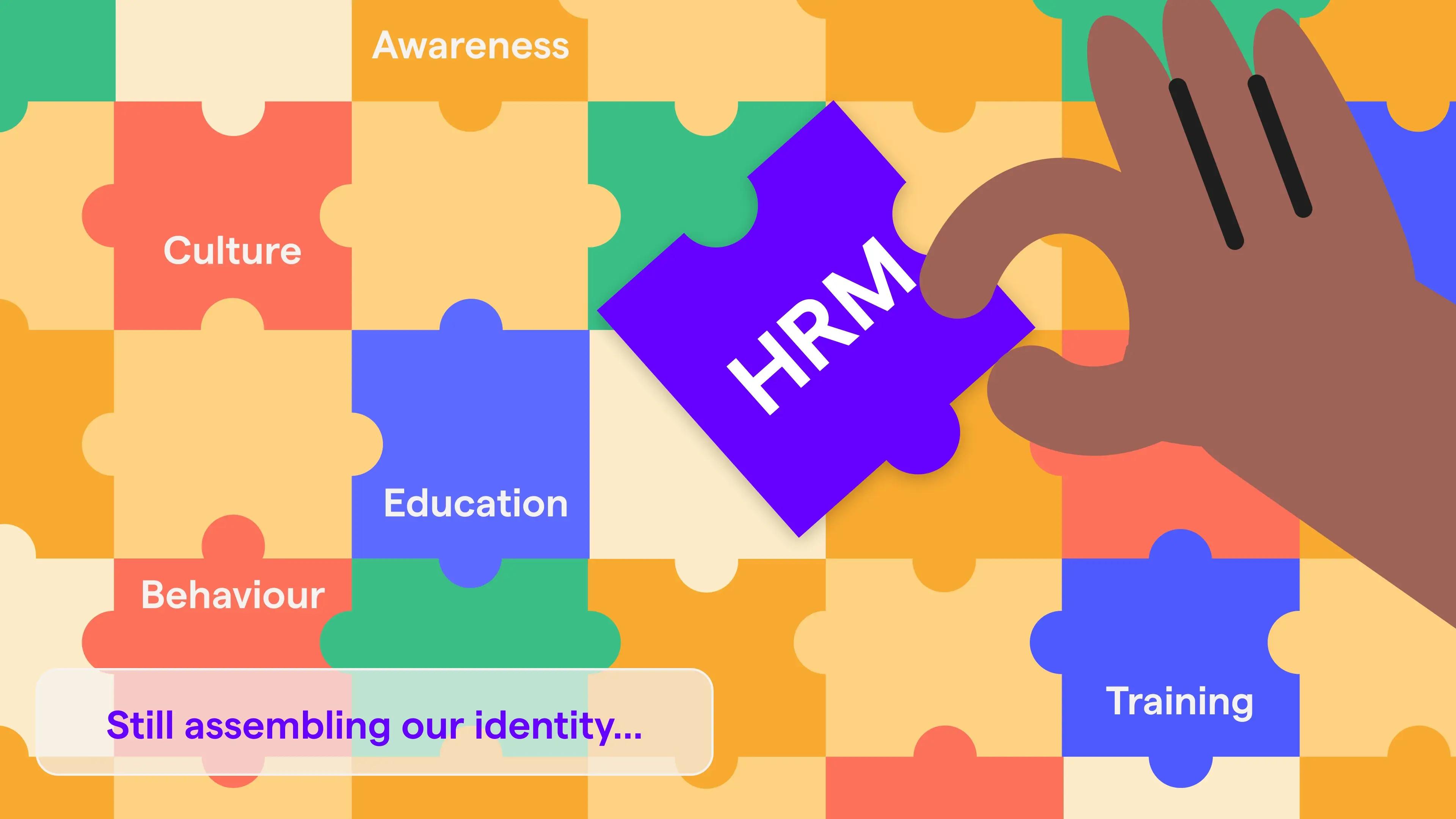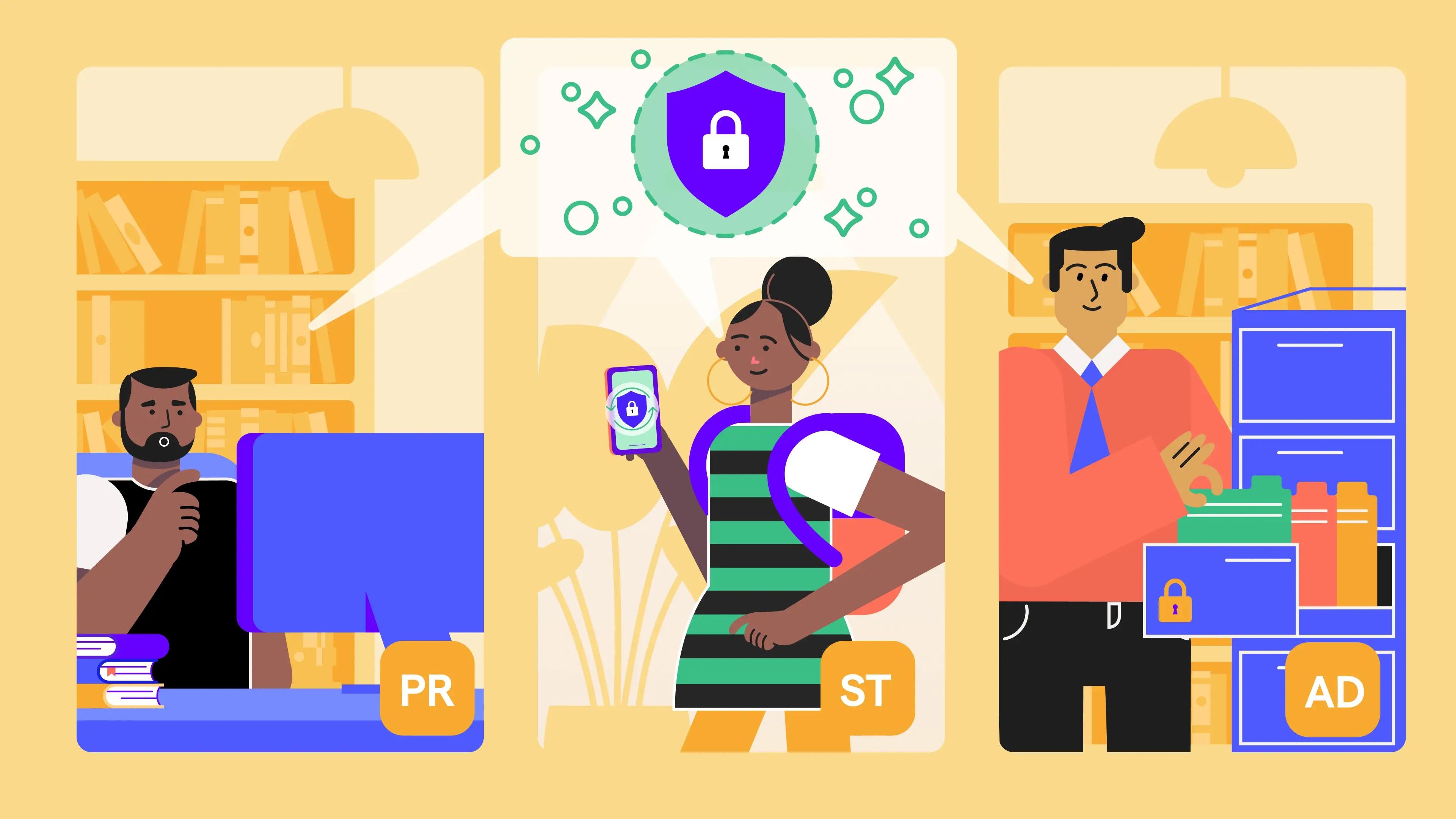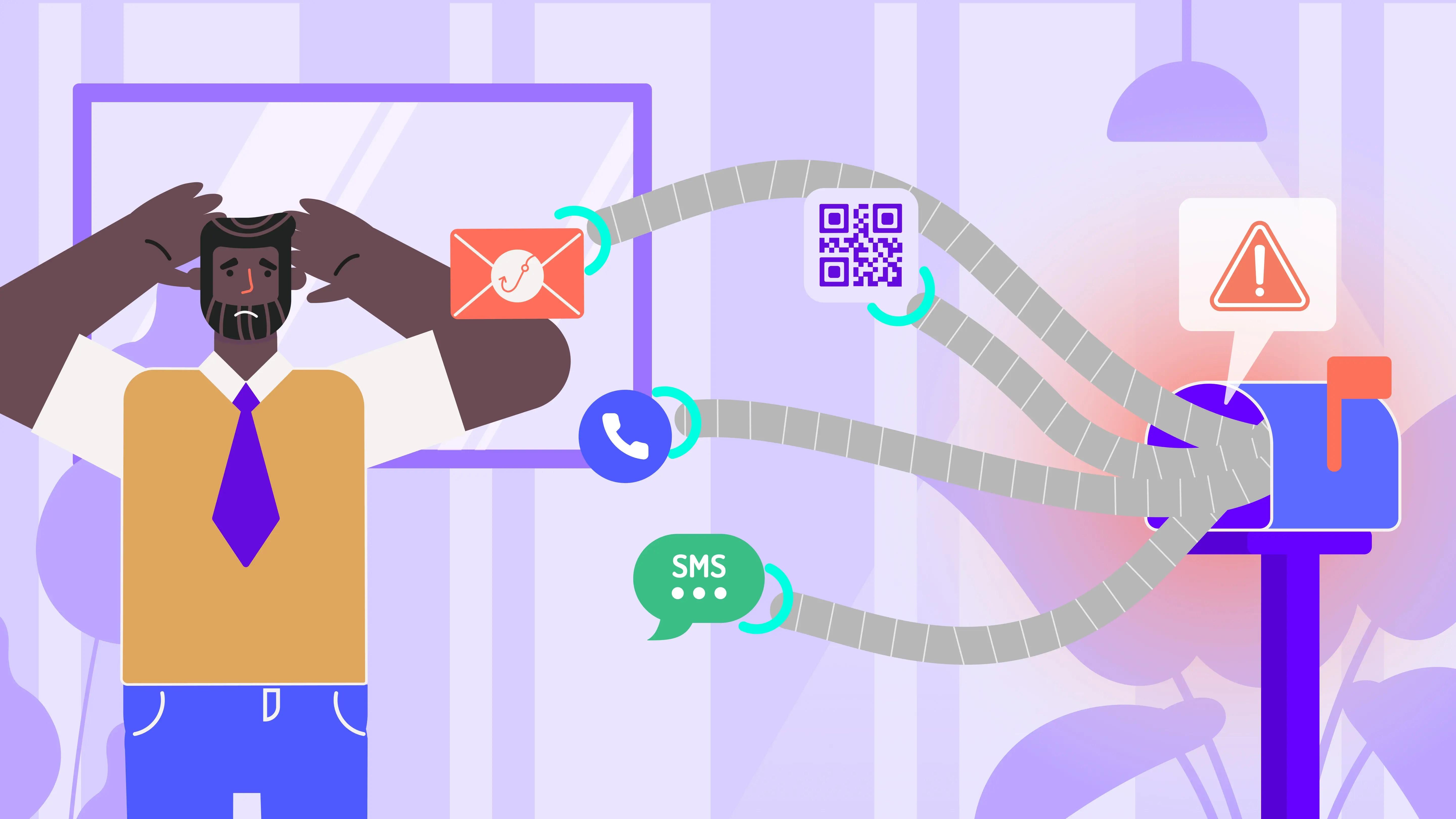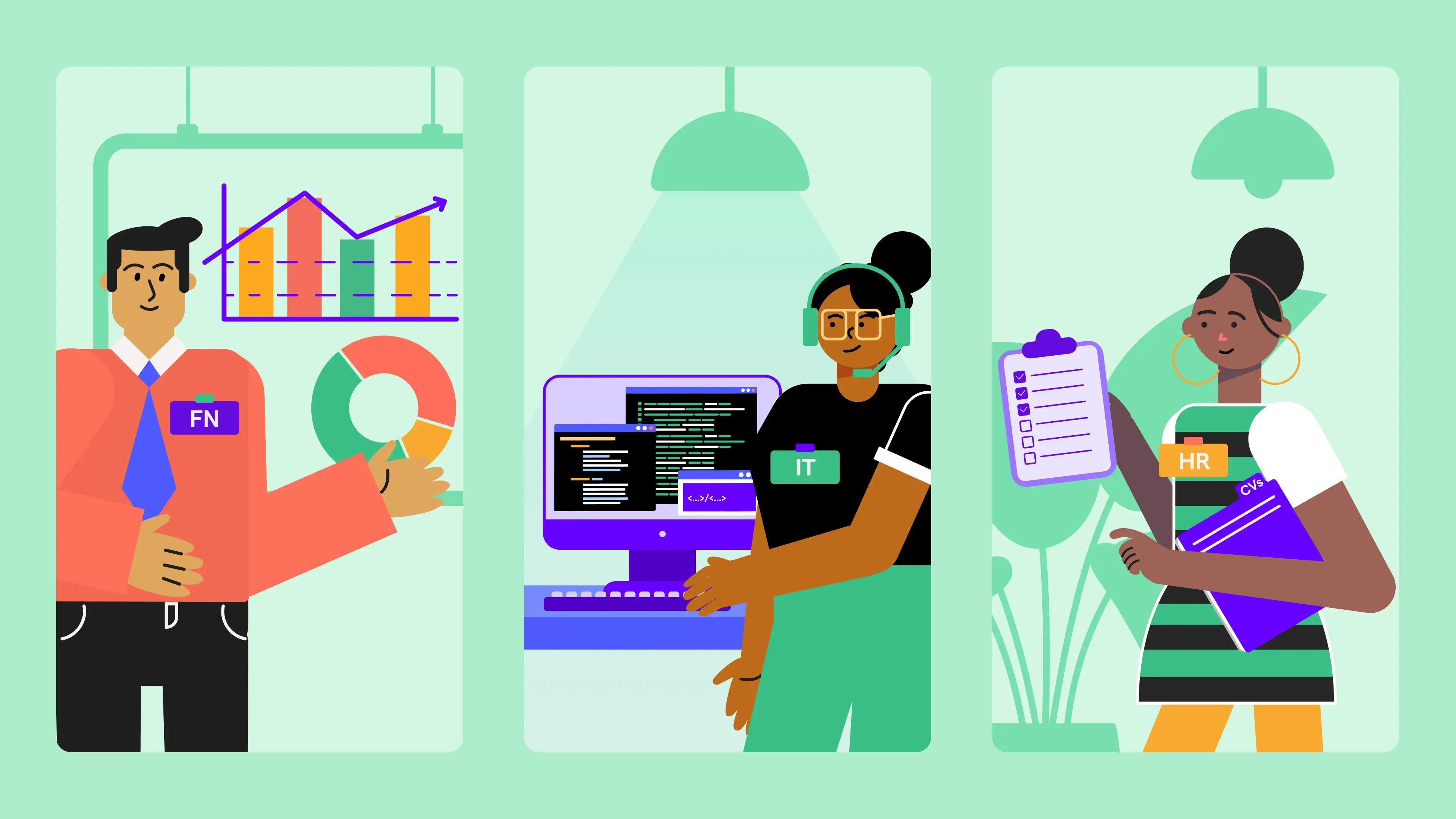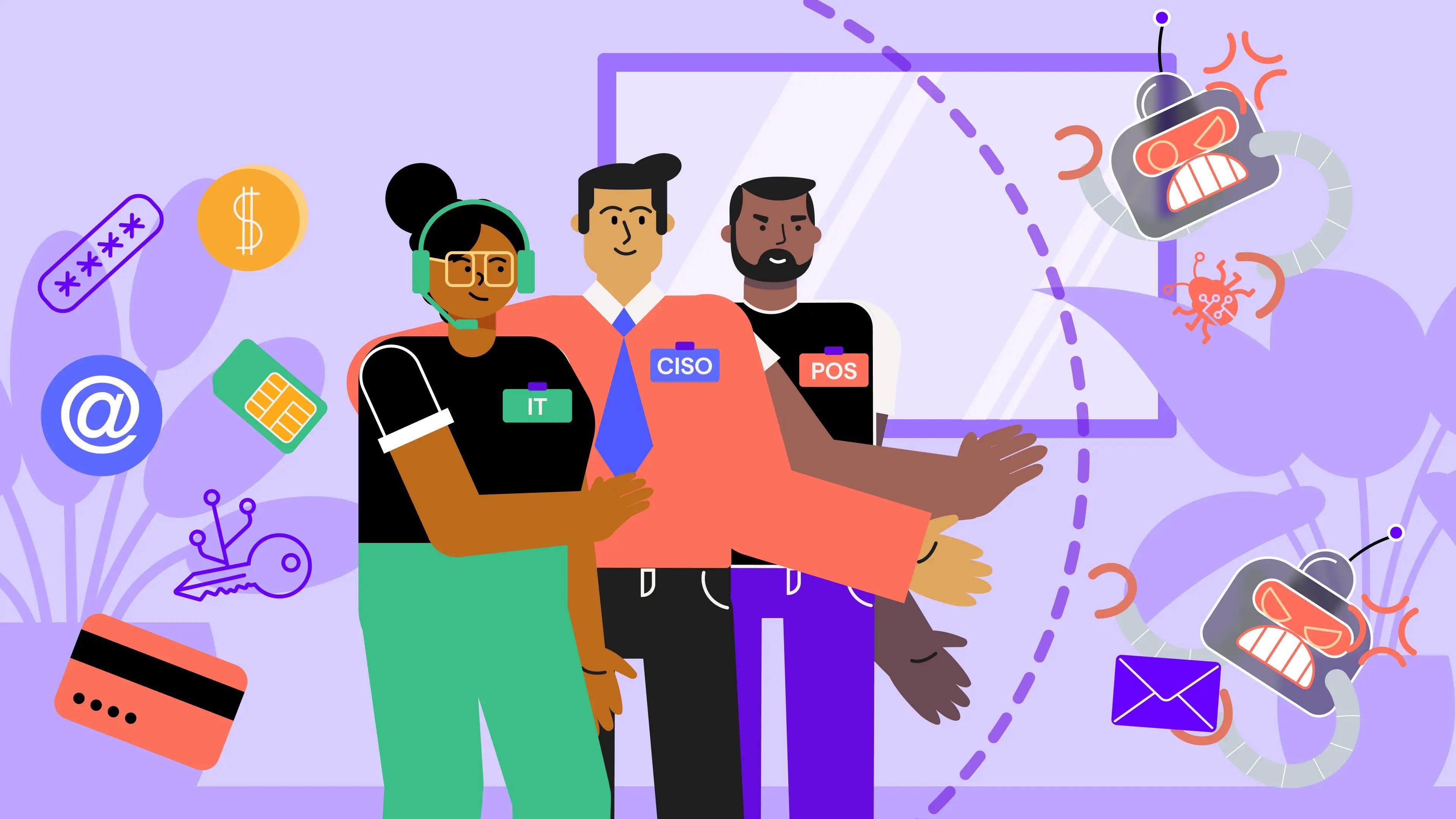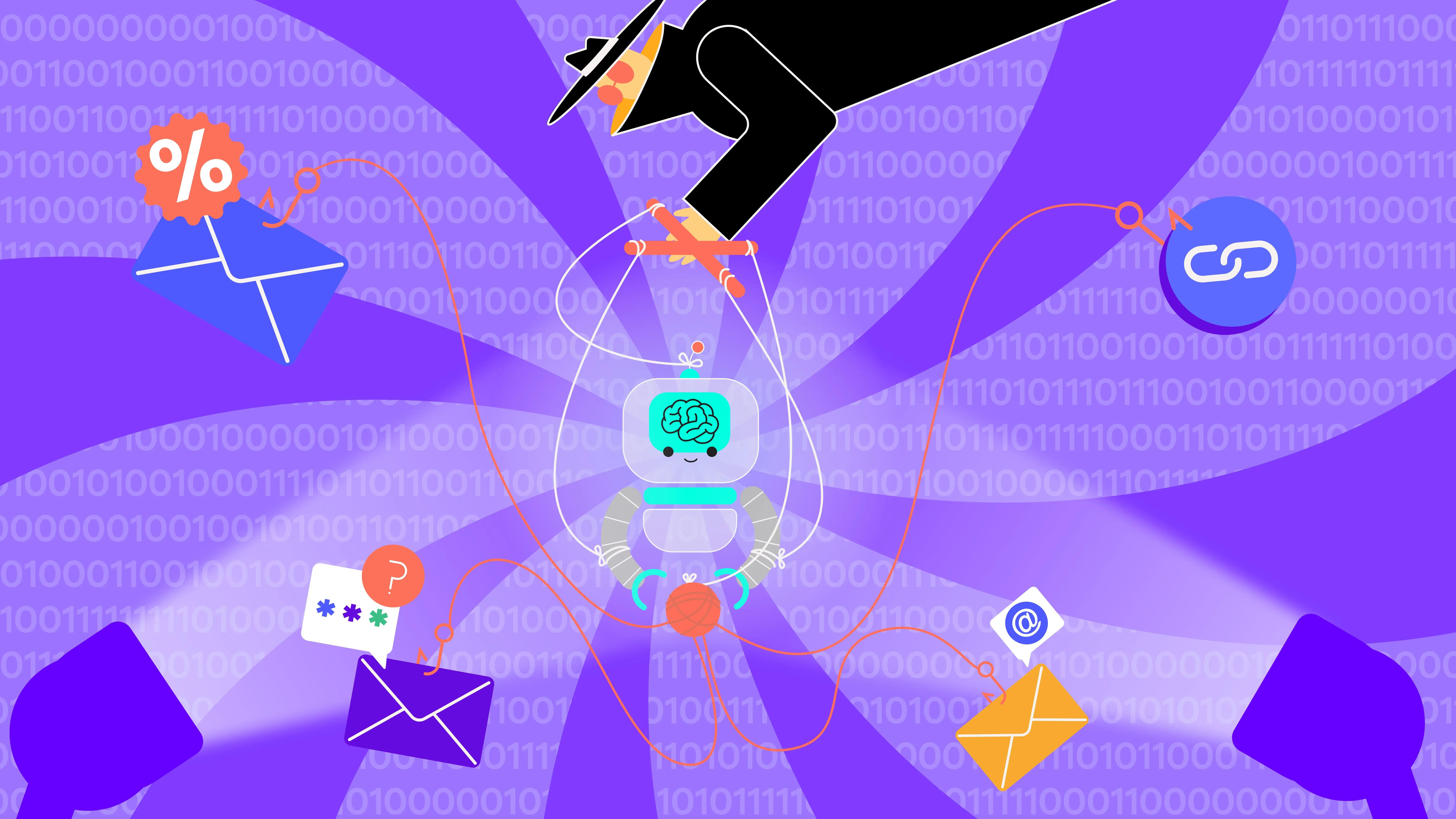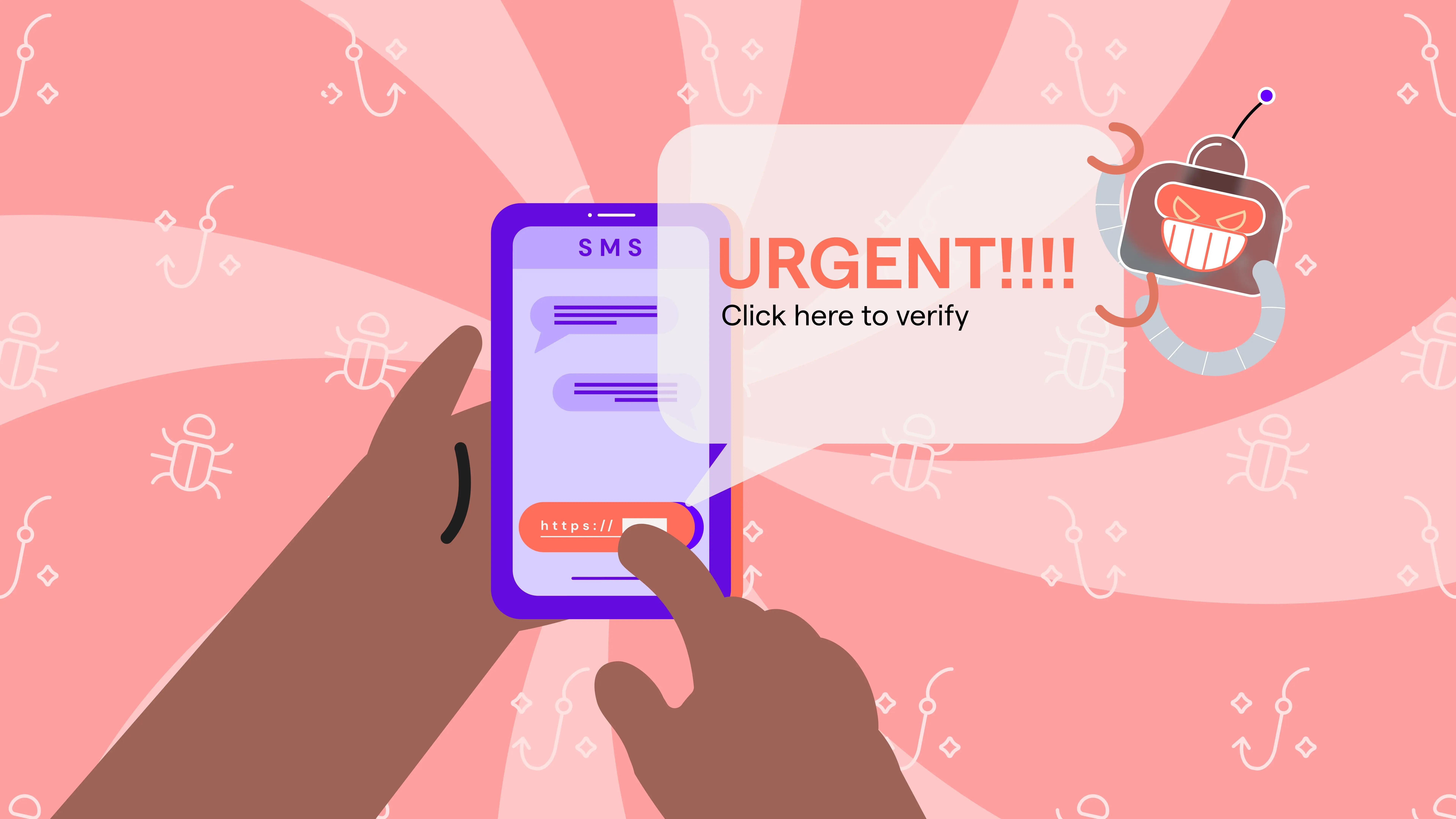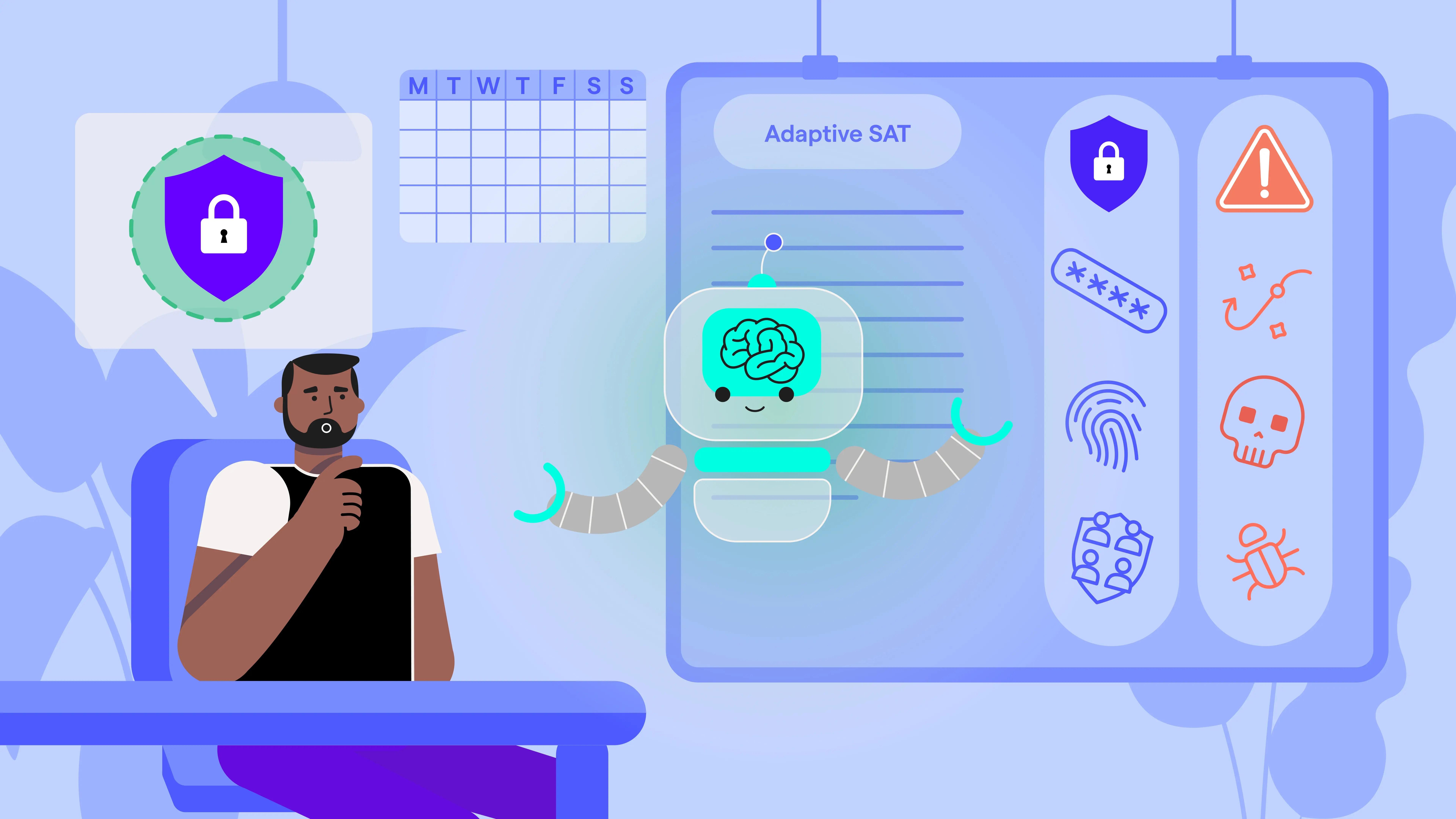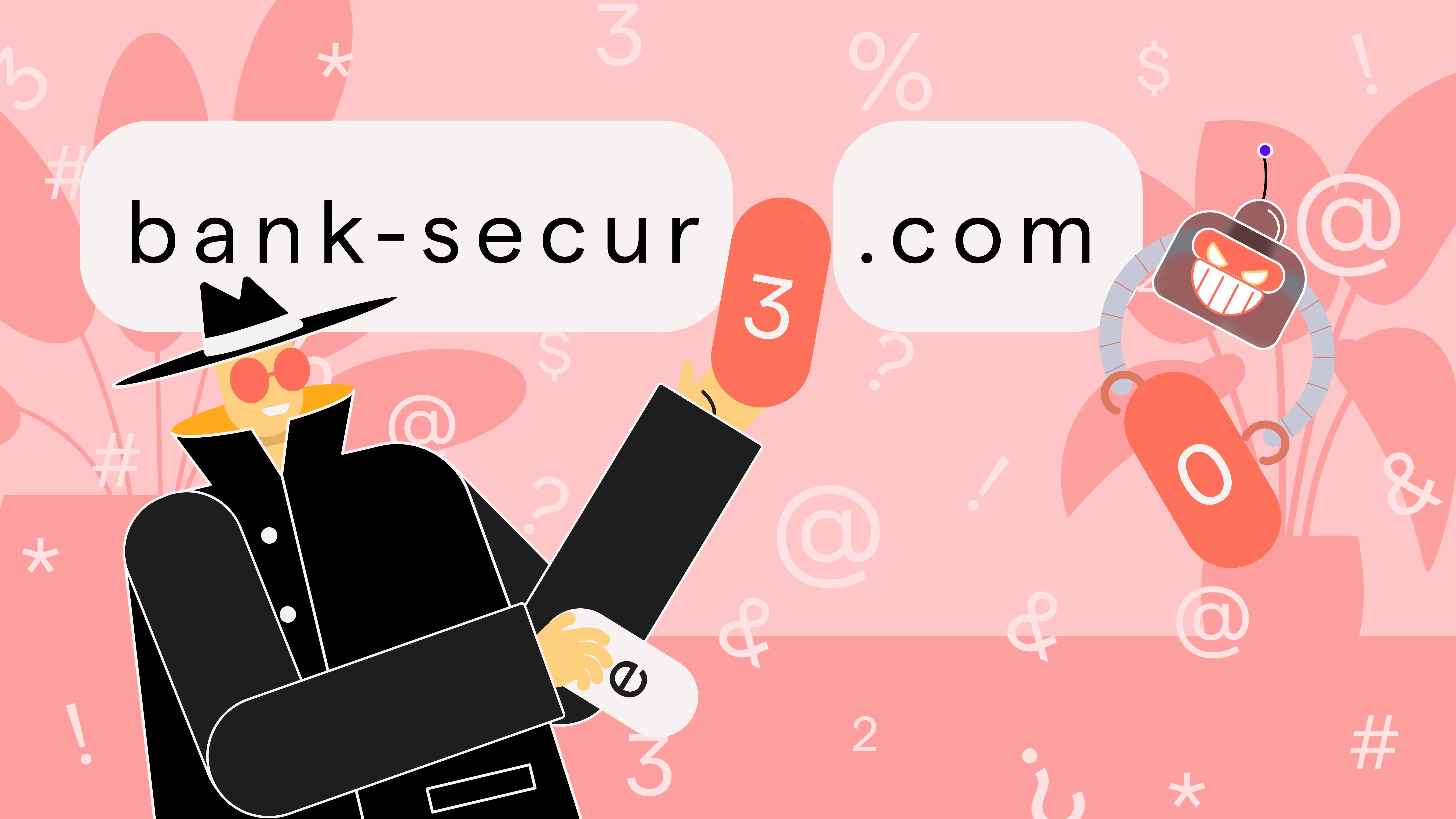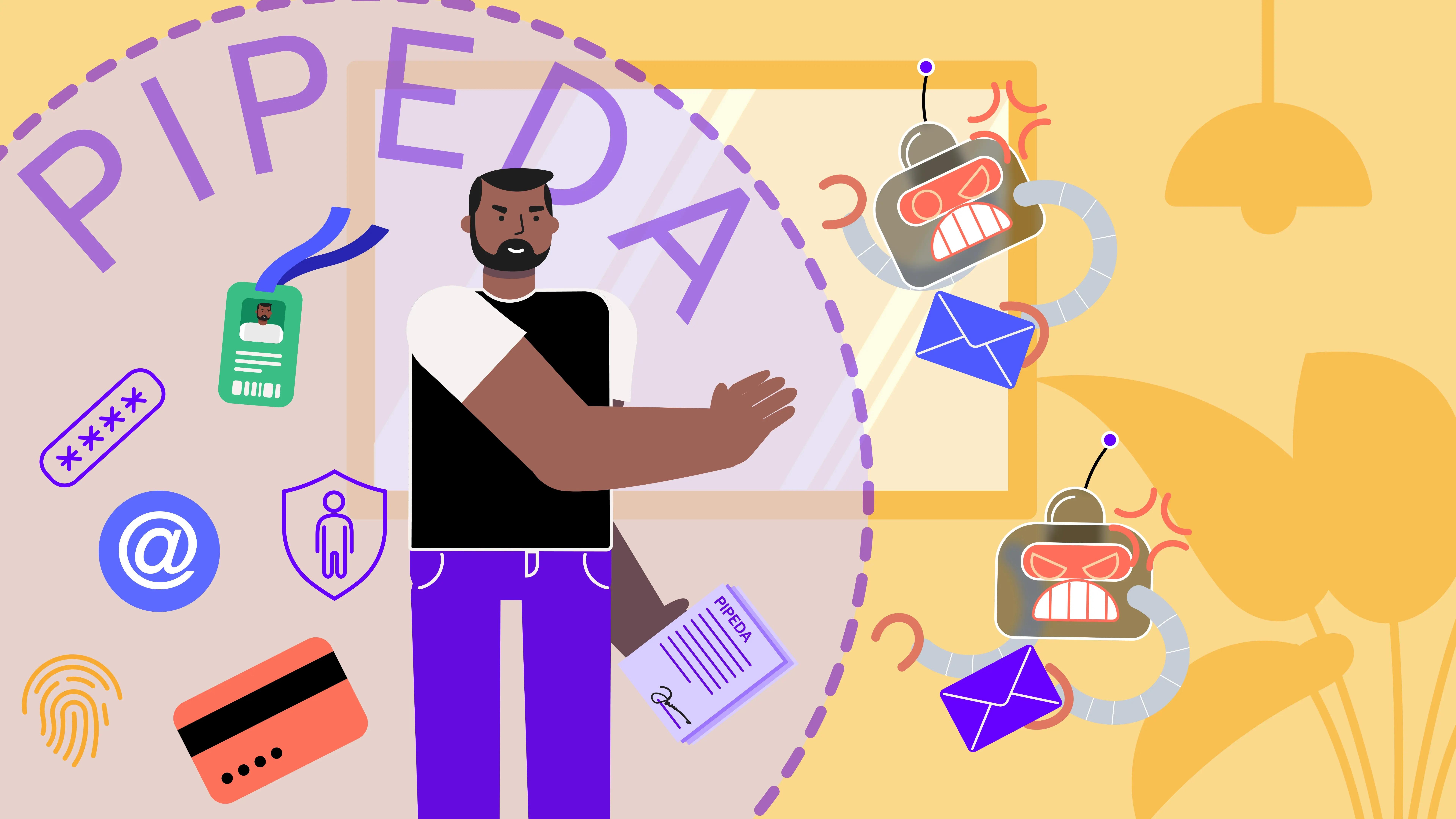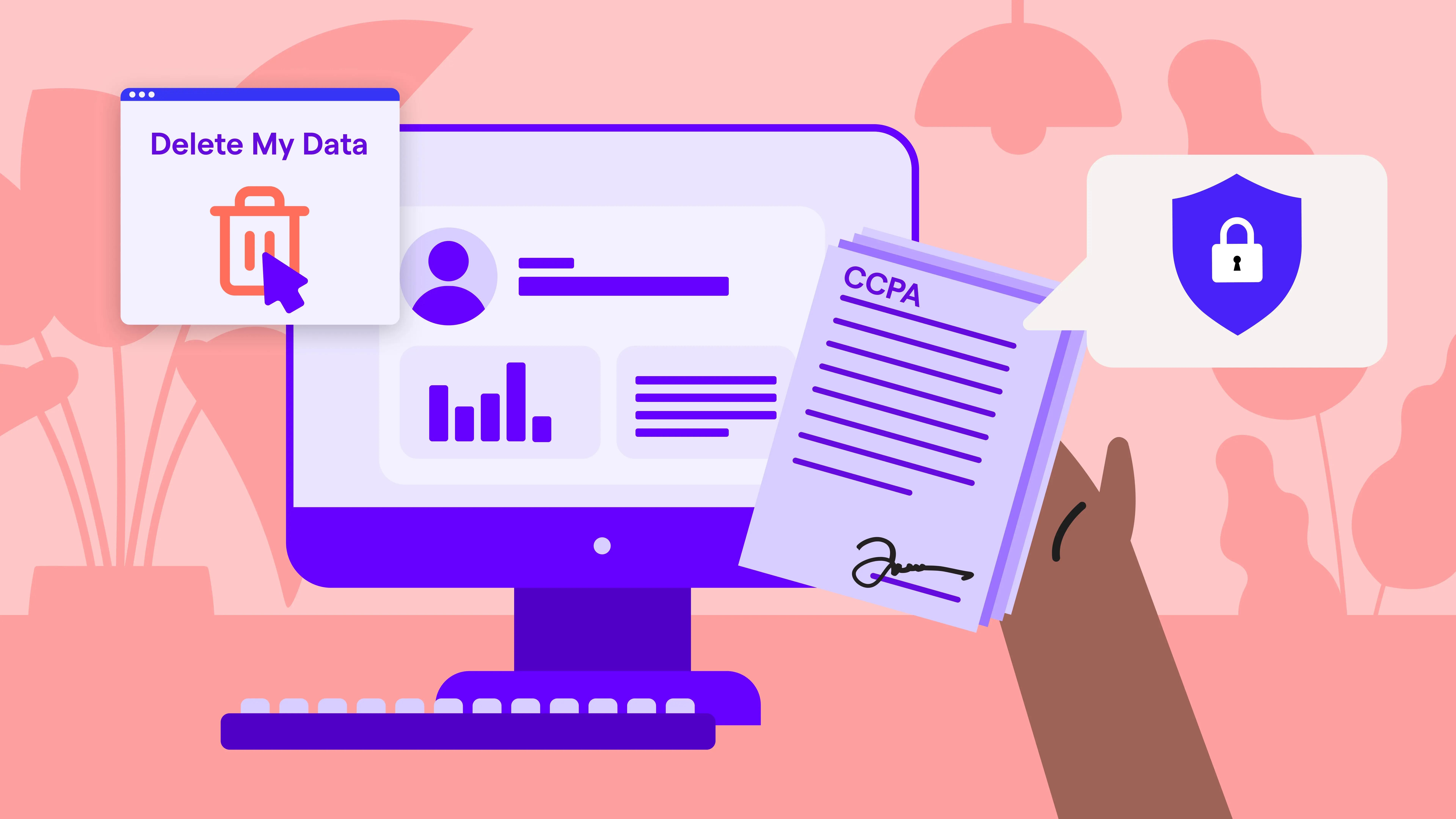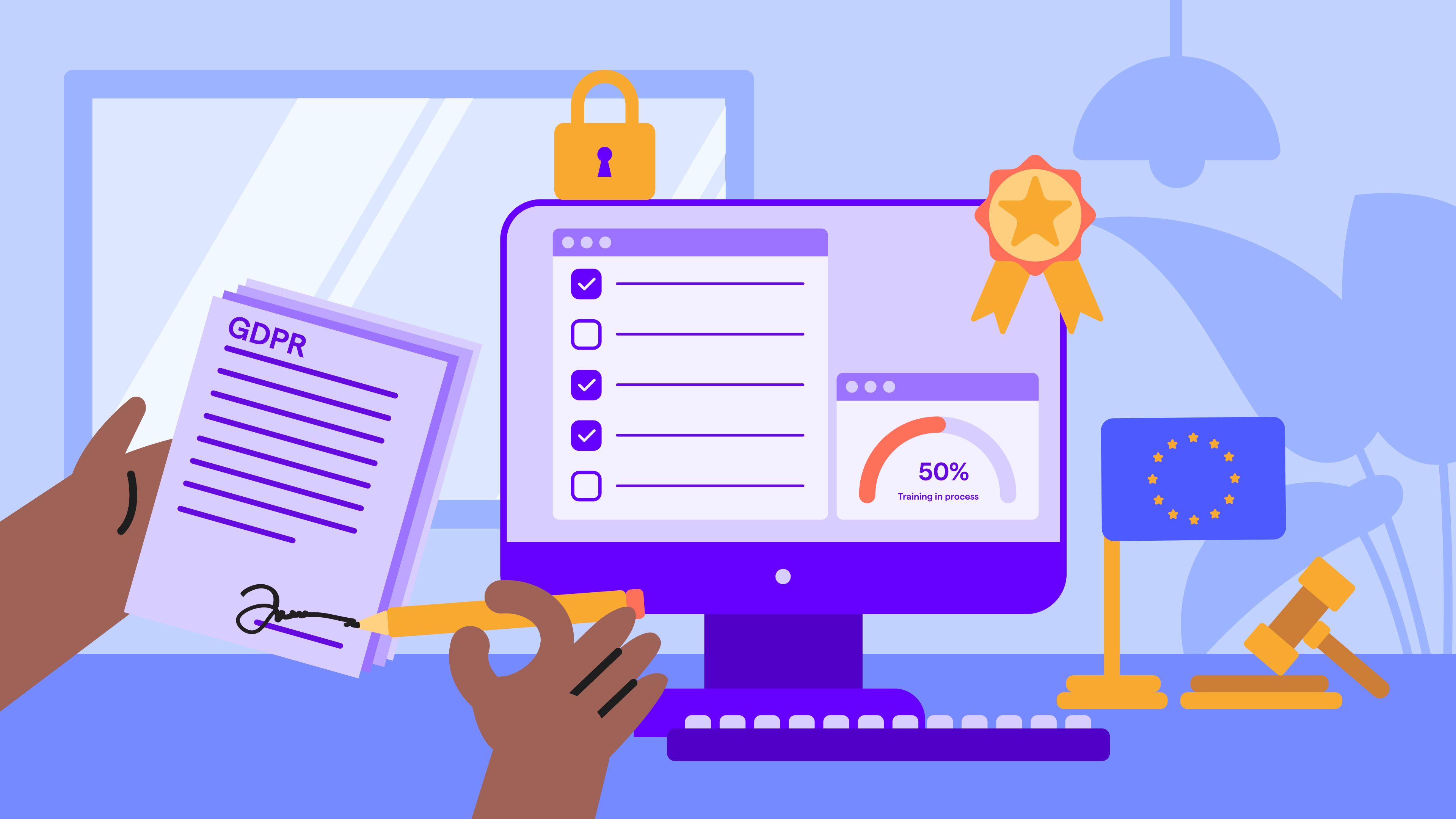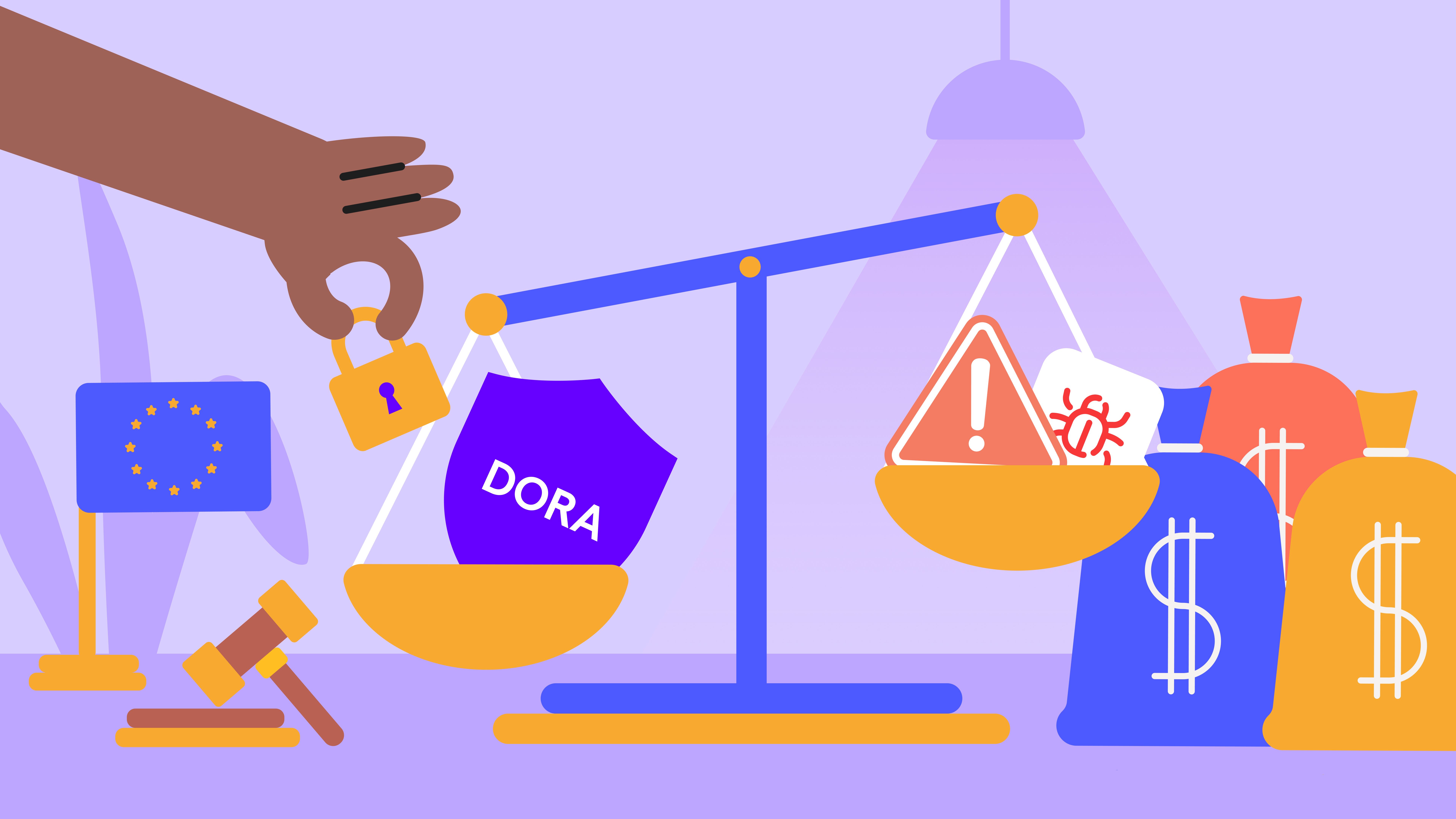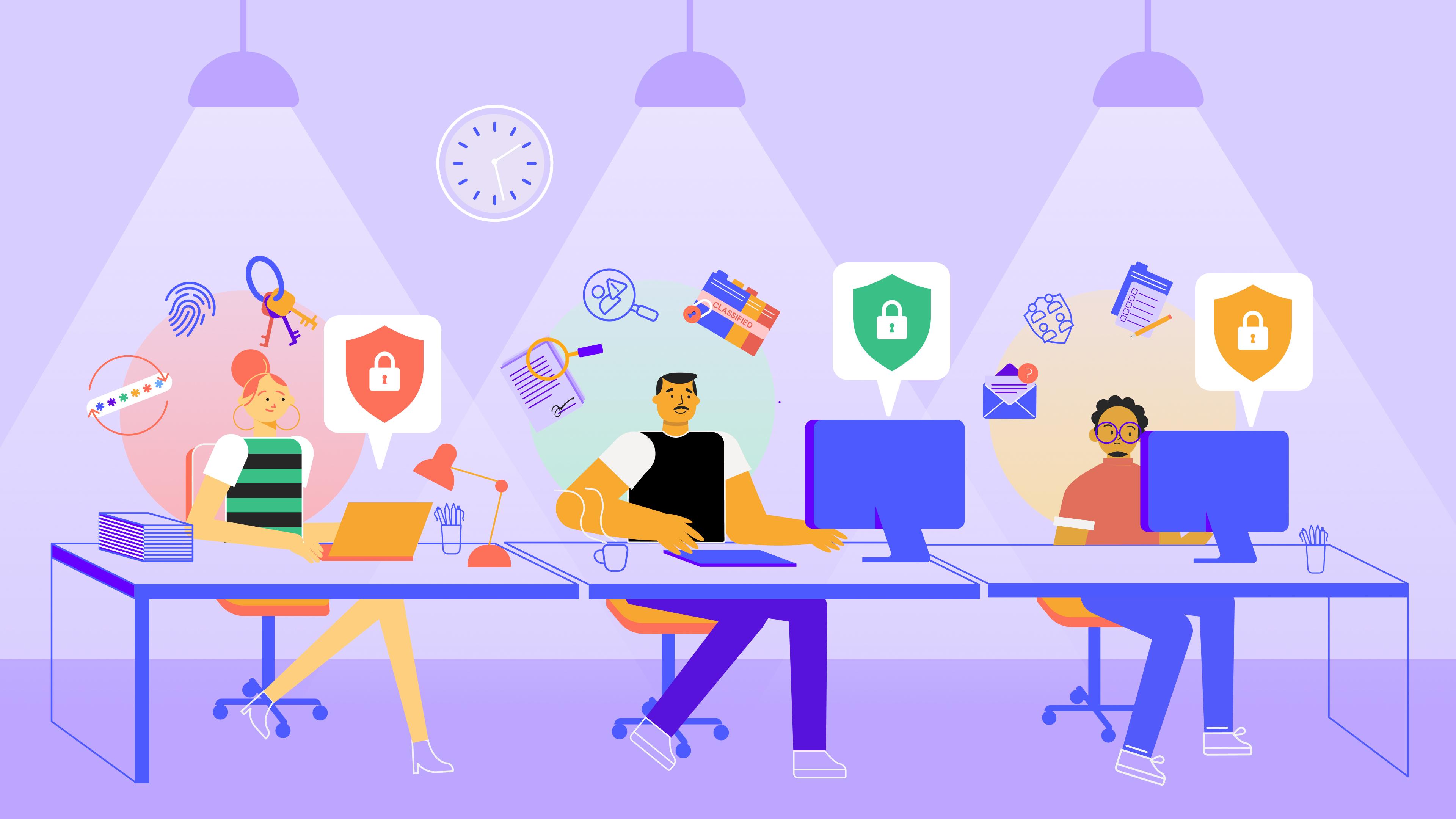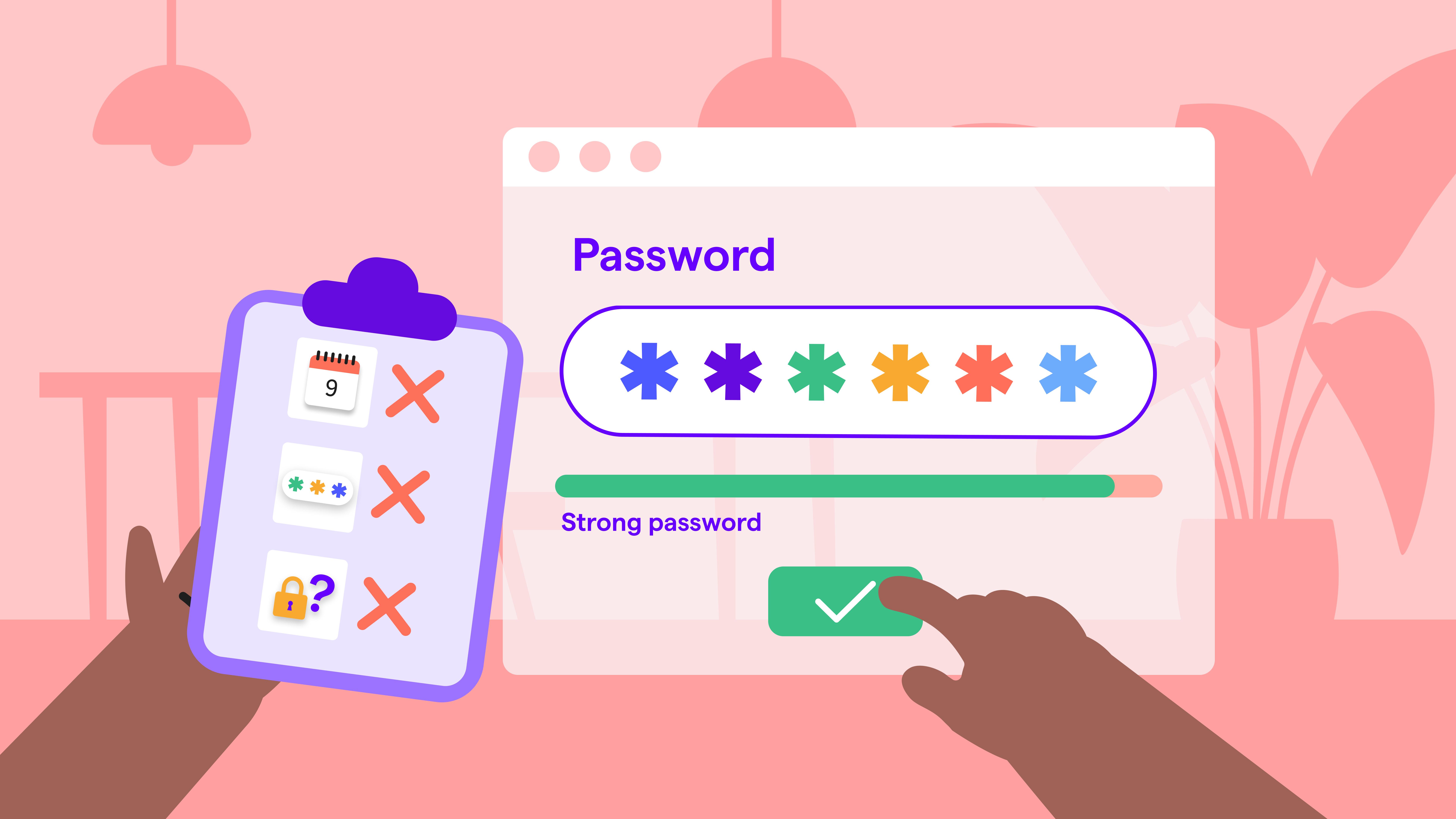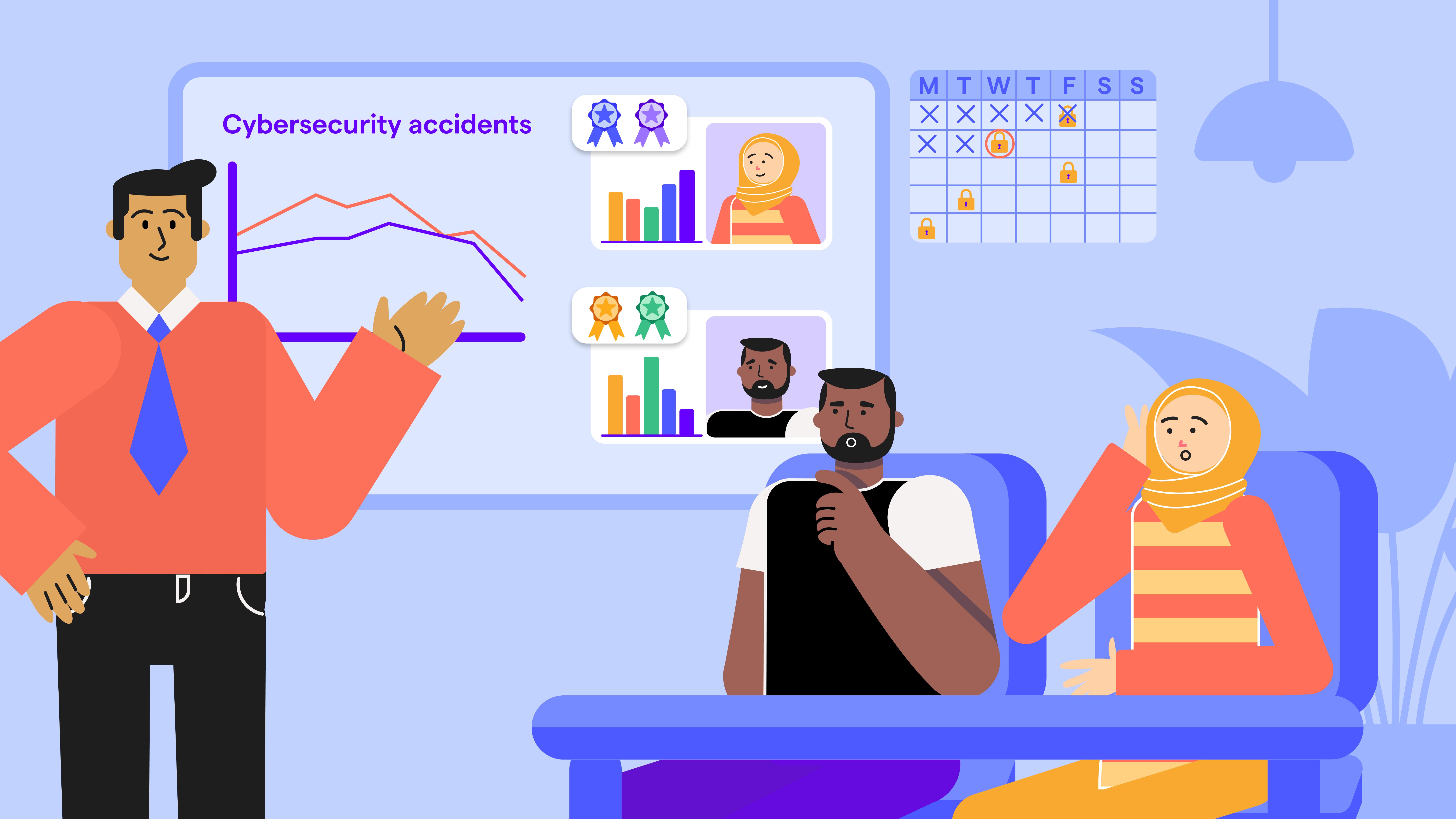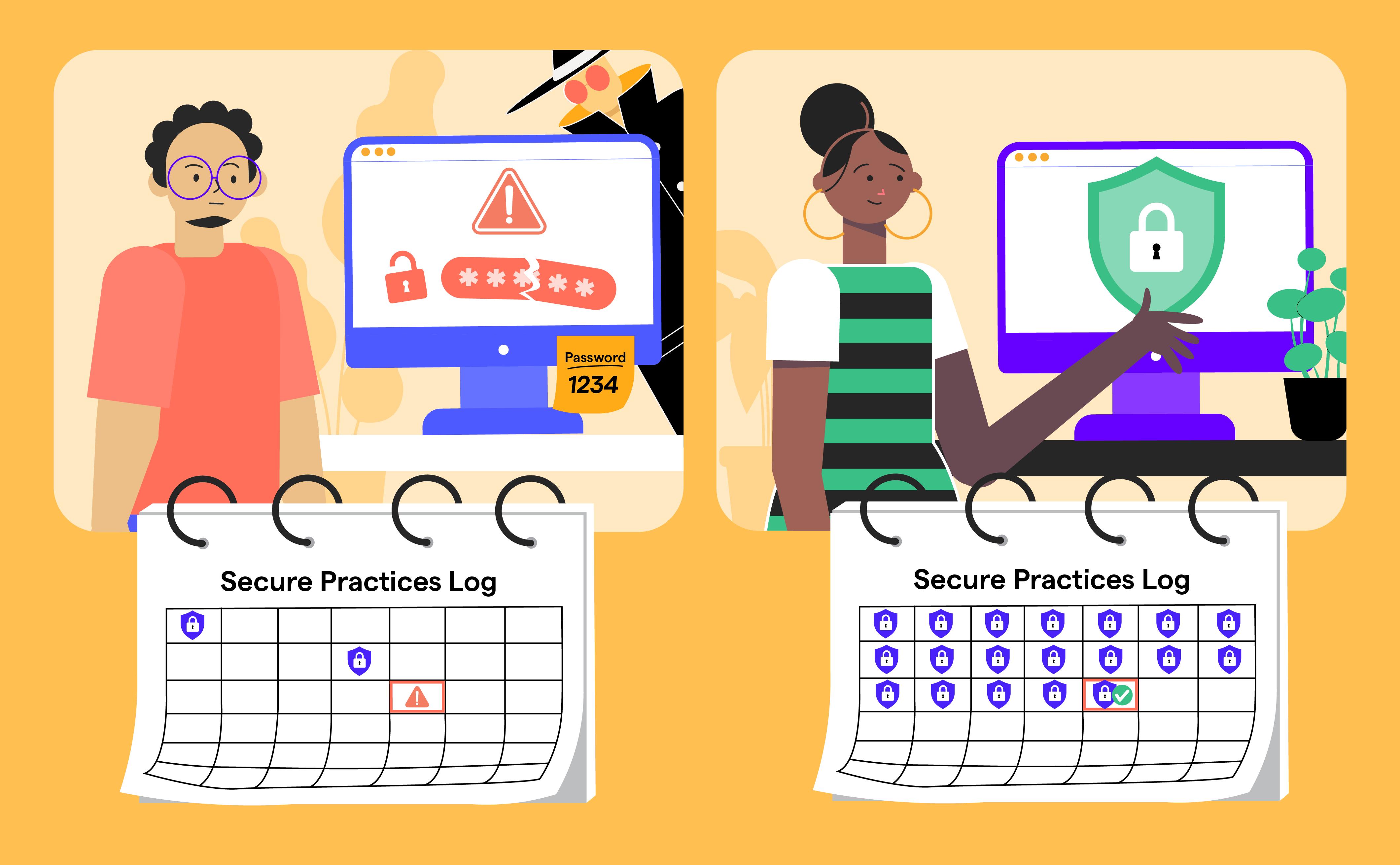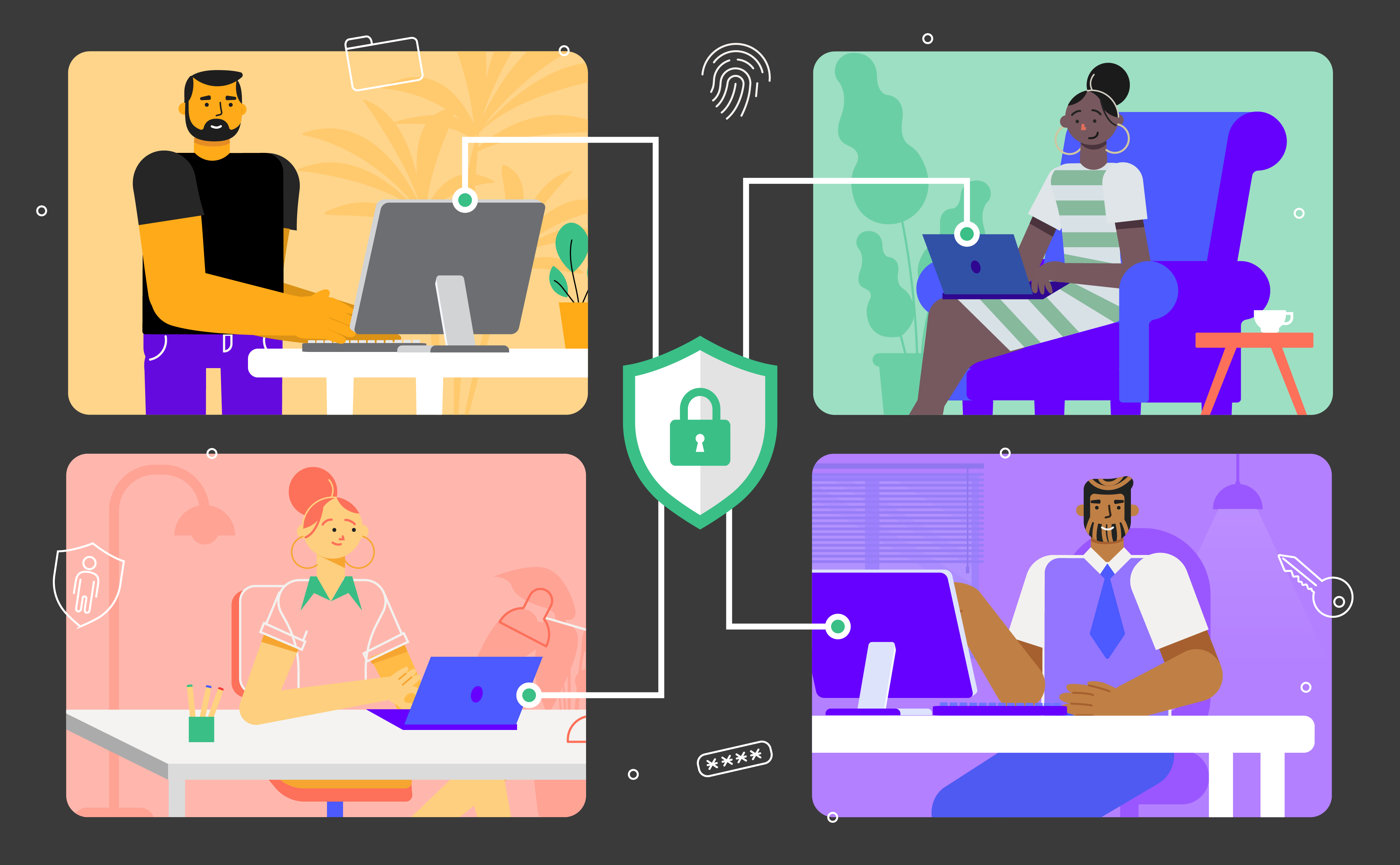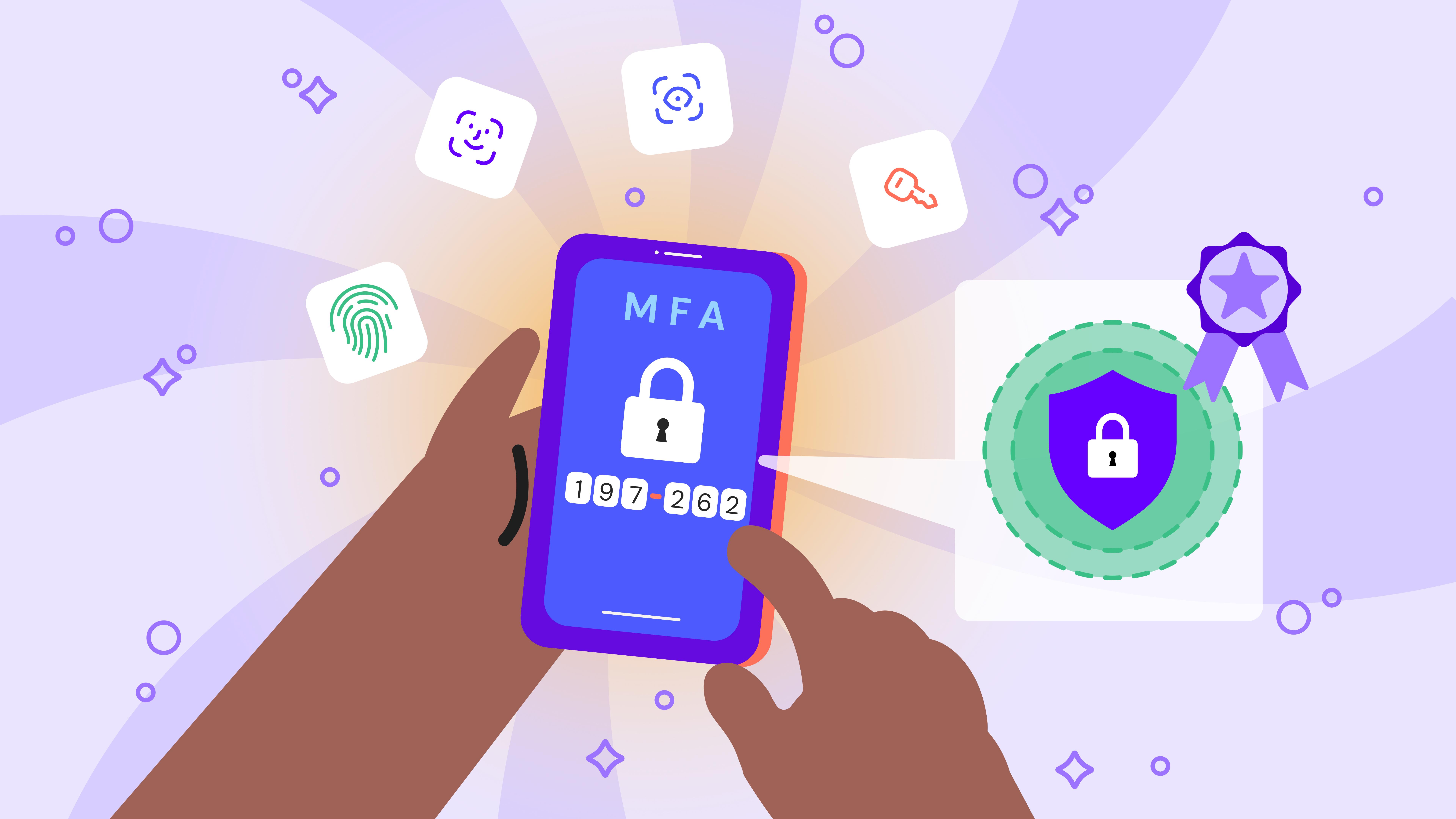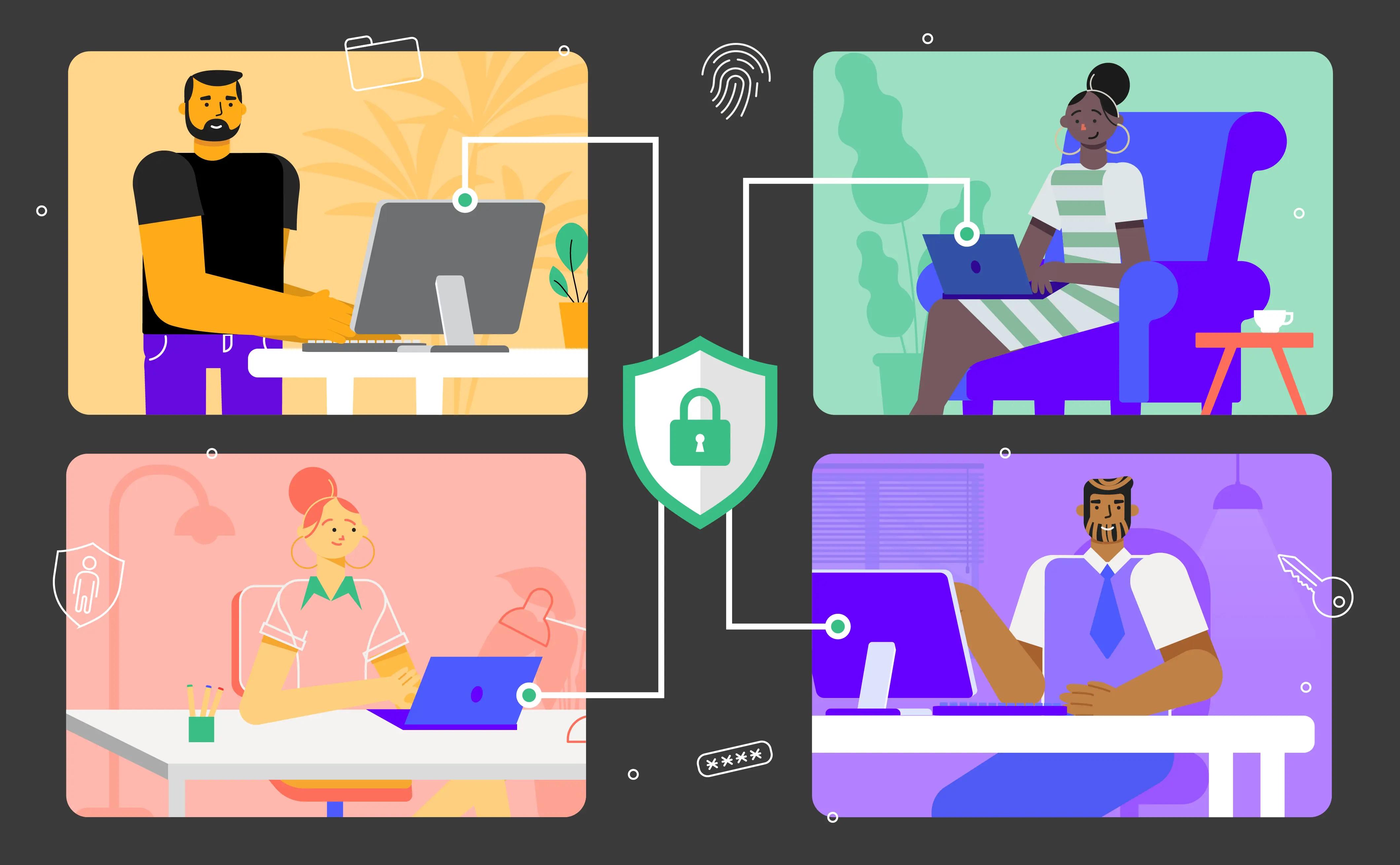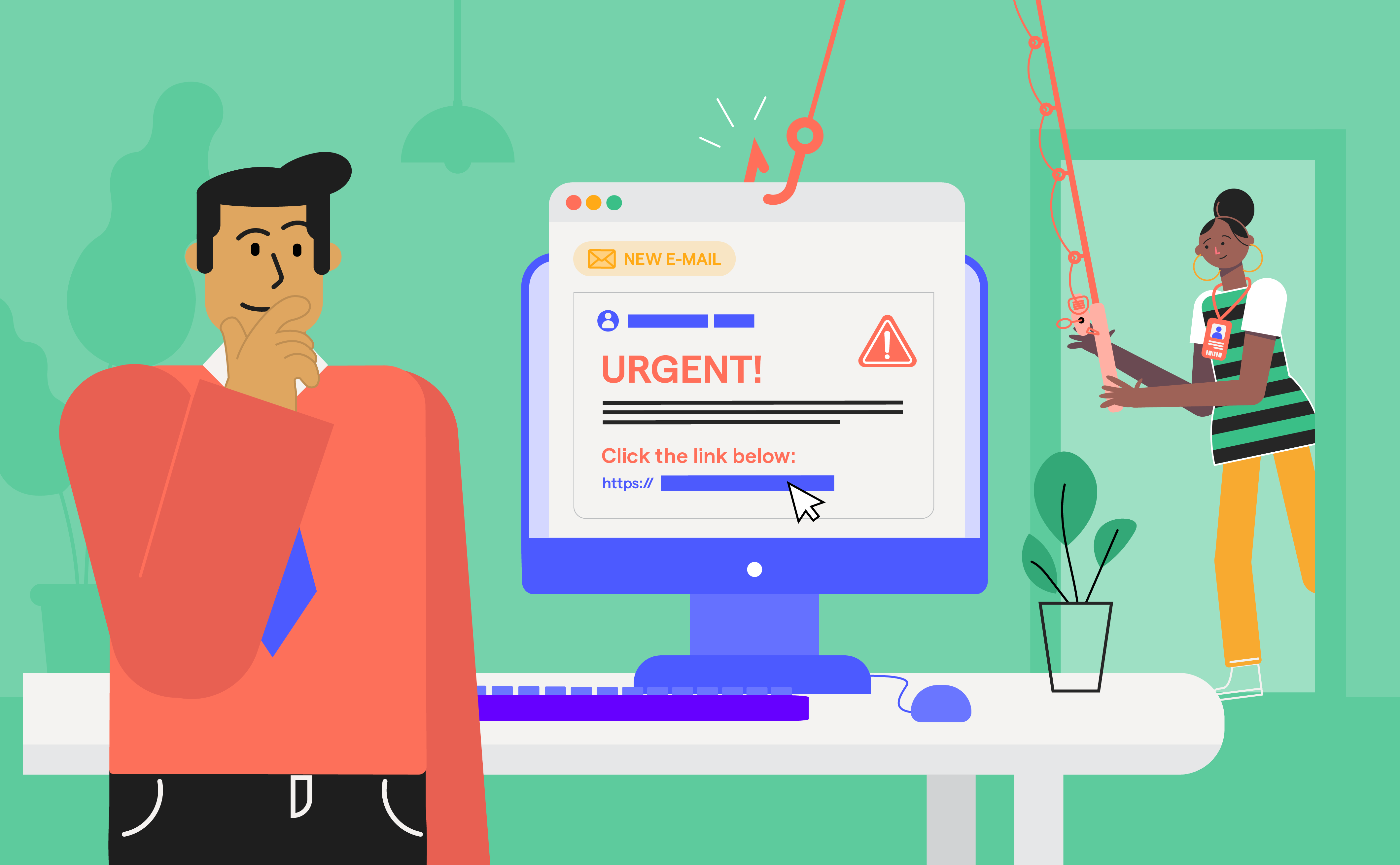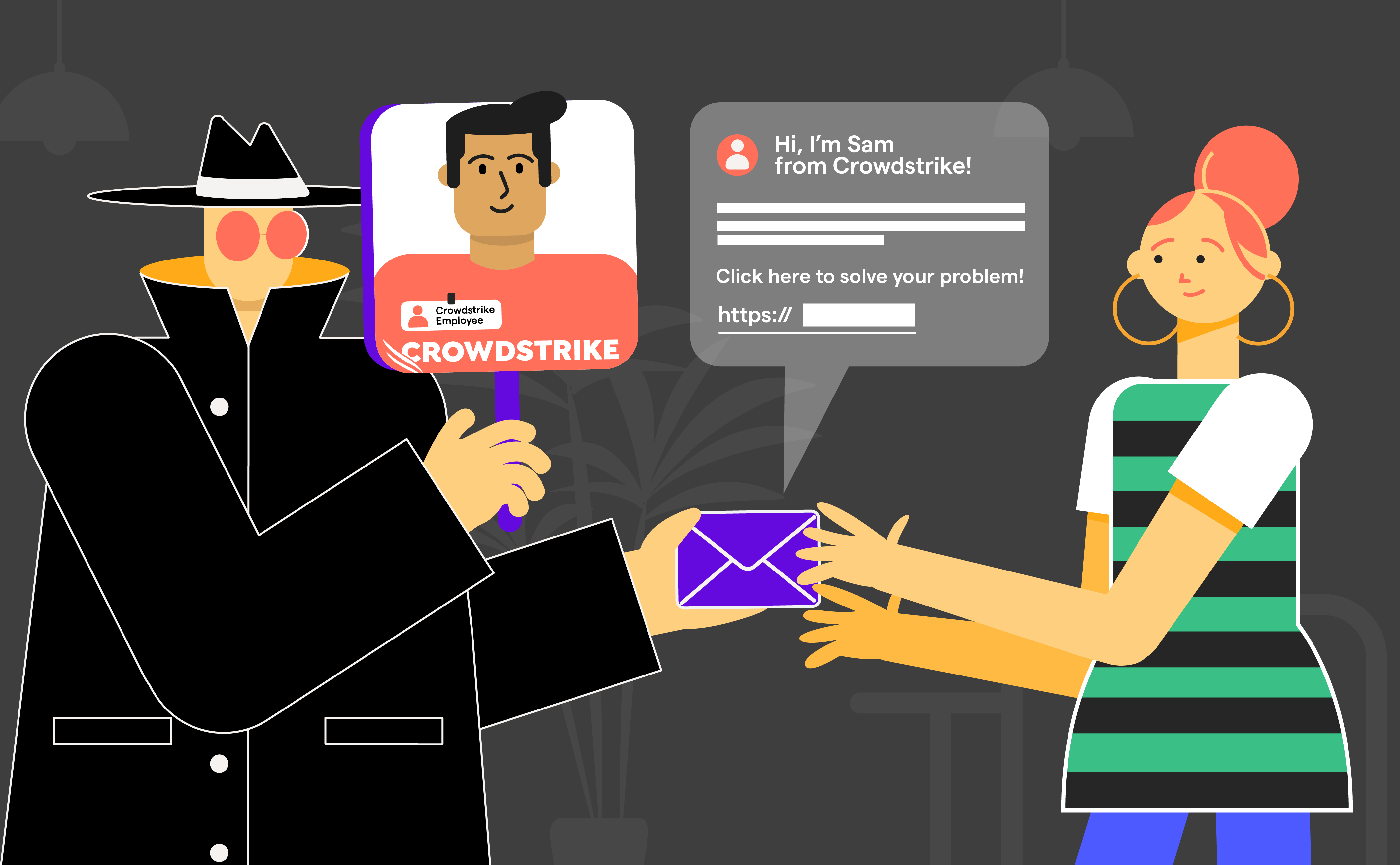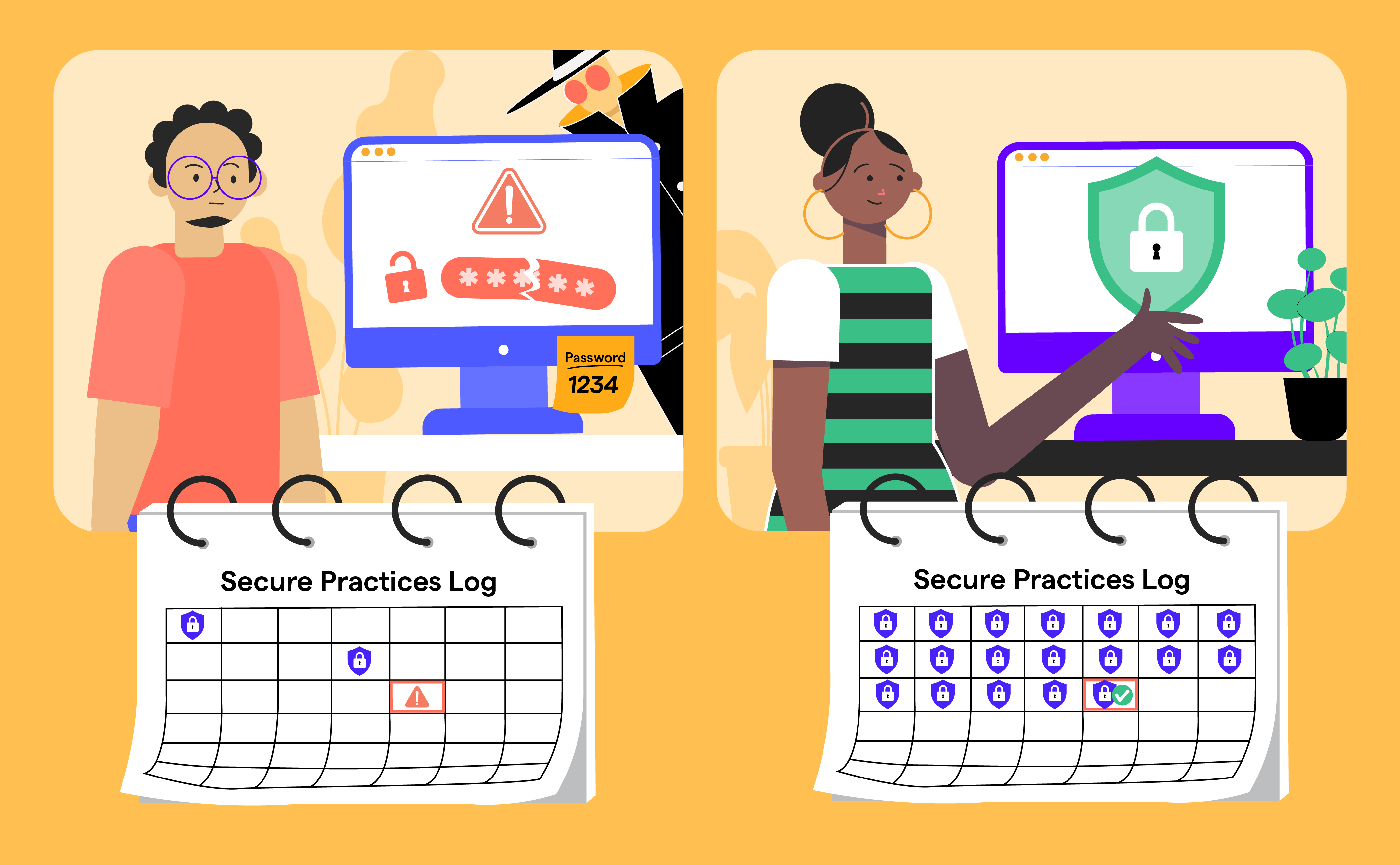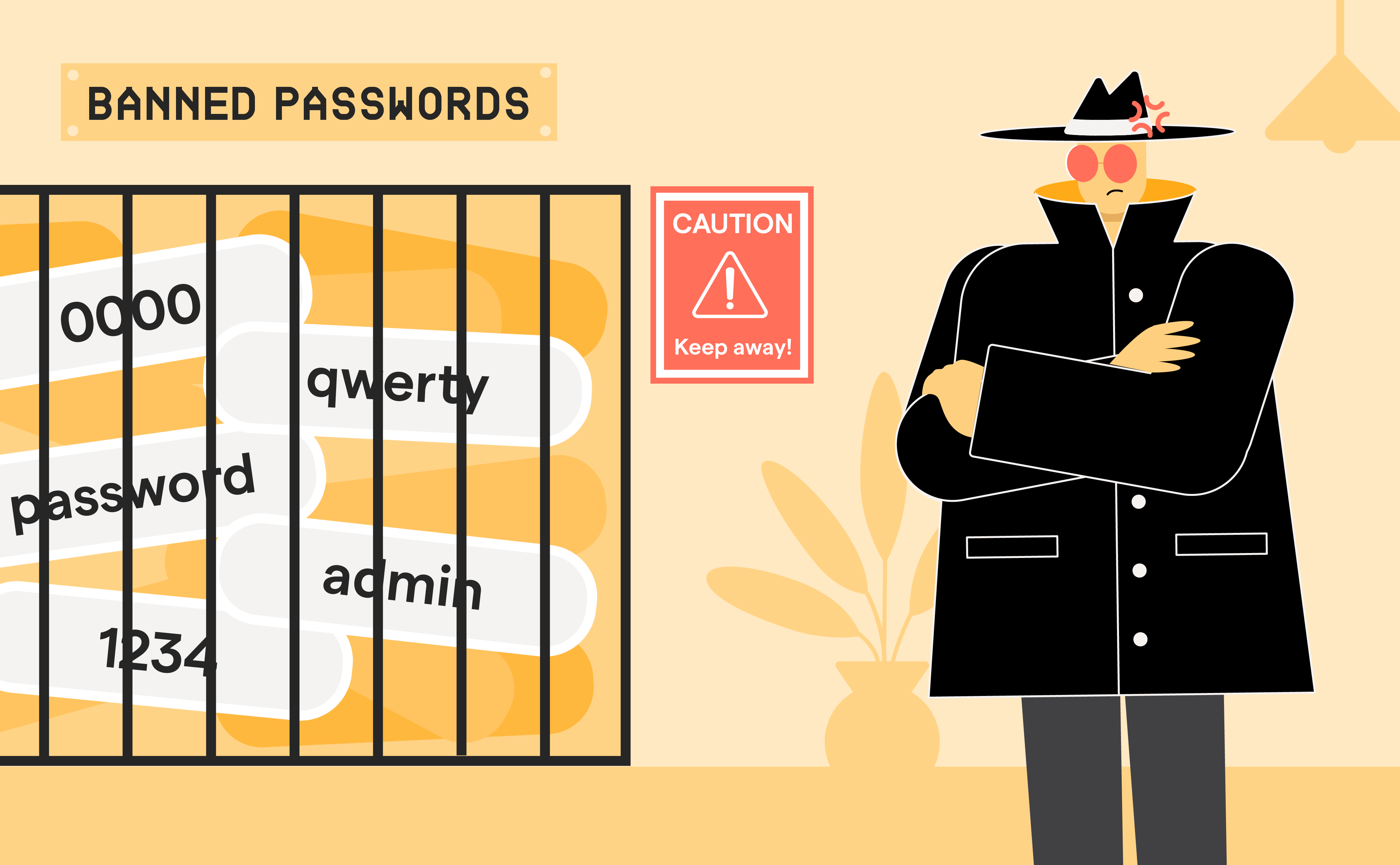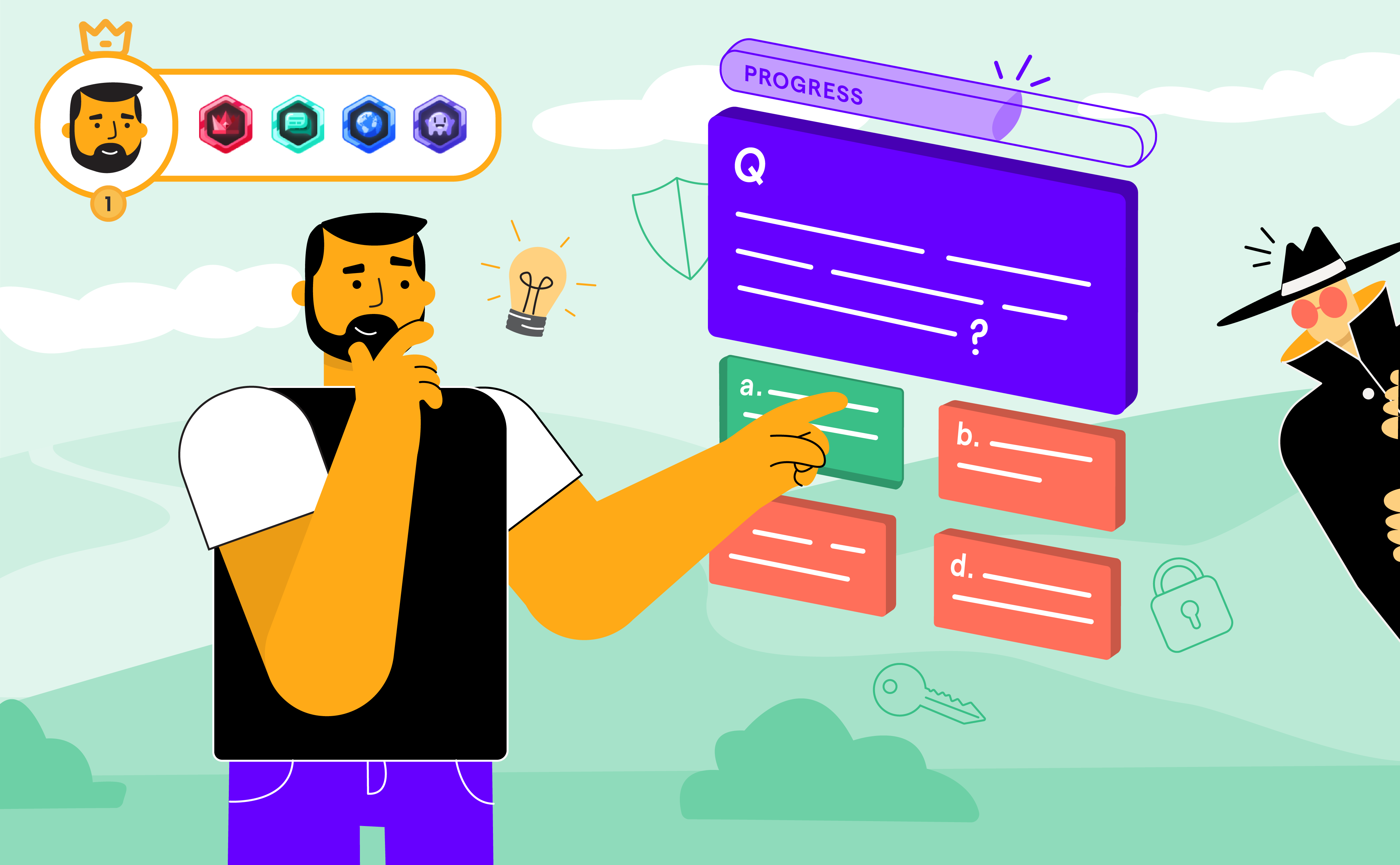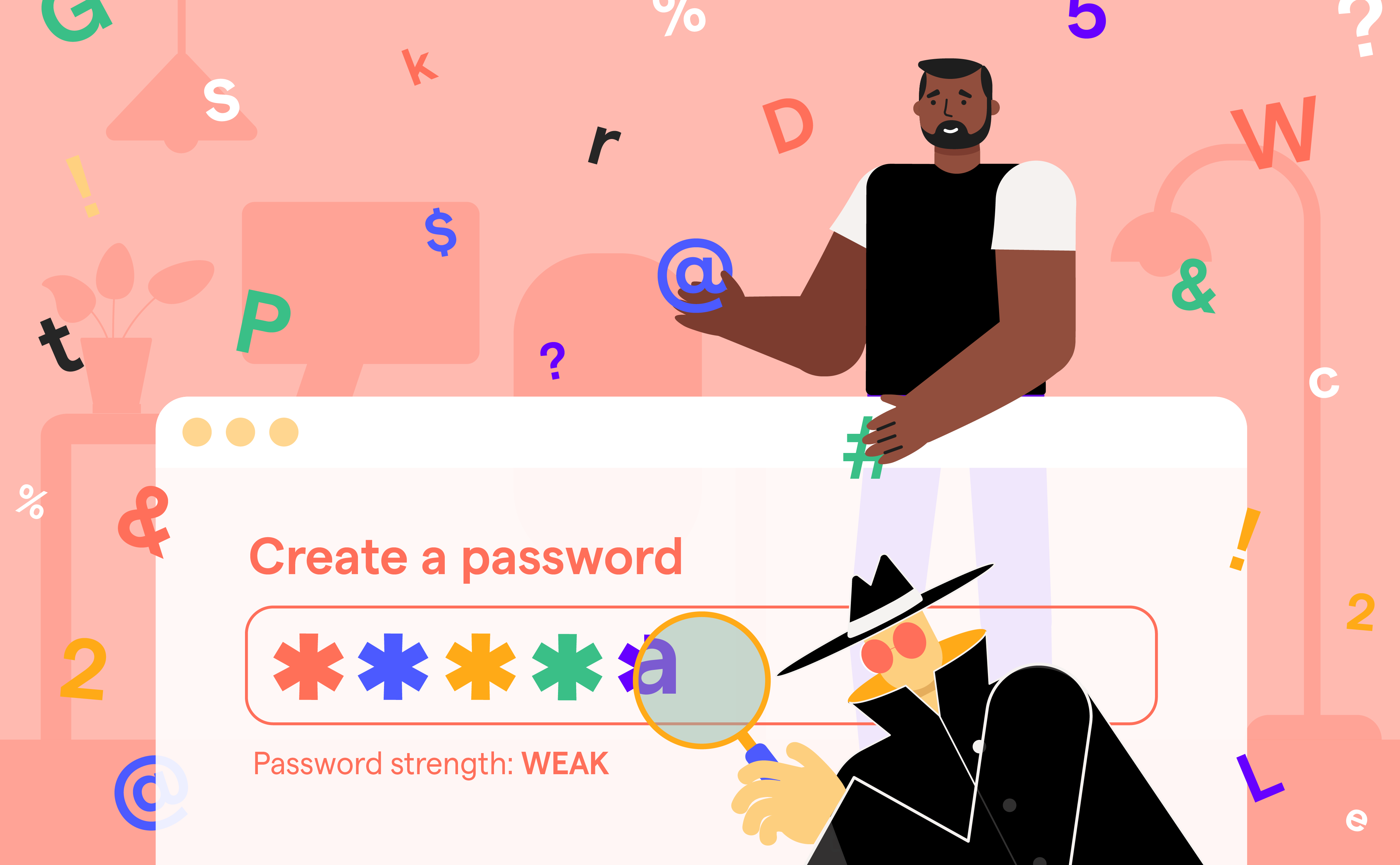
Did You Think Your Password Was Secure? Let’s Talk Password Security
May 24

Discover OutThink's Adaptive Security Awareness Training
The Tyranny of Passwords: Why Password Security Matters
Let’s face it: passwords are a hassle. Remembering them is a constant struggle, and just when you’ve finally committed one to memory, you’re asked to change it. Password security is vital, yet the systems we use to create and remember them often fail us.
It’s a never-ending cycle of frustration. The average person has to juggle numerous passwords, each with its own unique requirements for length, complexity, and special characters.
It’s no wonder we often find ourselves staring blankly at a login screen, trying to recall if this particular password has an exclamation mark or a number at the end.
Adding to the difficulty, many platforms demand that we change our passwords periodically. Just when we get comfortable, the dreaded prompt appears: “It’s time to update your password.” So we sigh and go through the whole process again, often creating a new password that’s just a slight variation of the old one.
What Is Password Security?
Let’s break it down: password security is the umbrella term referring to the range of different methods and techniques—including password best practices, biometric passwords, password managers, and multi-factor authentication—through which you secure your digital accounts. Think of it as the difference between locking your door with a reinforced, multilayer locking mechanism versus an old-fashioned lock. In today’s digital jungle, a strong password is your simplest yet strongest line of defense.
Why is it important? Password security is critical for both your personal and professional life, especially when so much of our daily activity depends on the digital world: banking, sensitive documents, personal data—the list goes on. Weak passwords leave all of this vulnerable, while strong ones help keep hackers out.
How We Cope With Password Chaos: Relatable Strategies (And Their Flaws)
To cope with these demands, we all develop systems to create passwords we can remember. Some use favorite words combined with numbers, others rely on patterns on the keyboard, and a few might even string together random words.
We like to think our personal system is clever—genius-level, even. After all, who would ever guess the unbreakable code that is ‘Fluffy1987’? Unfortunately, cleverness doesn’t mean unpredictability. Most of us fall into patterns that are about as surprising as the sunrise.
This predictability means that someone who knows a bit about you could potentially guess your password. Birthdays, anniversaries, pet names, and other personal details are often integrated into our passwords, making them easier to crack.
What Makes a Password Weak?
Weak passwords are basically open invitations for hackers—'Come on in, the data’s fine!' Here’s what makes a password easy to crack:
- Personal Details: Like birthdays or your pet’s name (if you posted about it on Instagram, you probably shouldn't use it for your password).
- Common Patterns: ‘123456’ may well be easy to remember, but you're not outsmarting anybody.
- Lack of Complexity: When it’s as basic as plain toast.
- Short Length: Less time for hackers, more risk for you.
- Recycling Passwords: Because why make life harder for hackers when you can just reuse ‘password123’ everywhere.
Weak passwords remain a leading cause of data breaches, and a whopping 30% of internet users have had their data breached because of poor password security.
The Wake-Up Call: Why Our Password Habits Need to Change
Consider this your wake-up call—loud, annoying, and impossible to snooze. Our password systems aren’t just broken; they’re practically begging for a makeover.
When we talk about systems, we’re not just referring to password managers or tools. We’re talking about overarching principles and approaches to password creation that enhance security. Our goal is to help you develop passwords that are truly secure—ones that nobody can easily crack.
Finding Humor in Password Security
In the meantime, check out the comedy skit we just shared on LinkedIn, courtesy of Netflix. It’s a humorous take on the absurdity of passwords and well worth the three-and-a-half minutes.
Enjoy! Just in case you were wondering, OutThink's Adaptive Security Awareness Training modules are just as engaging as this clip.

